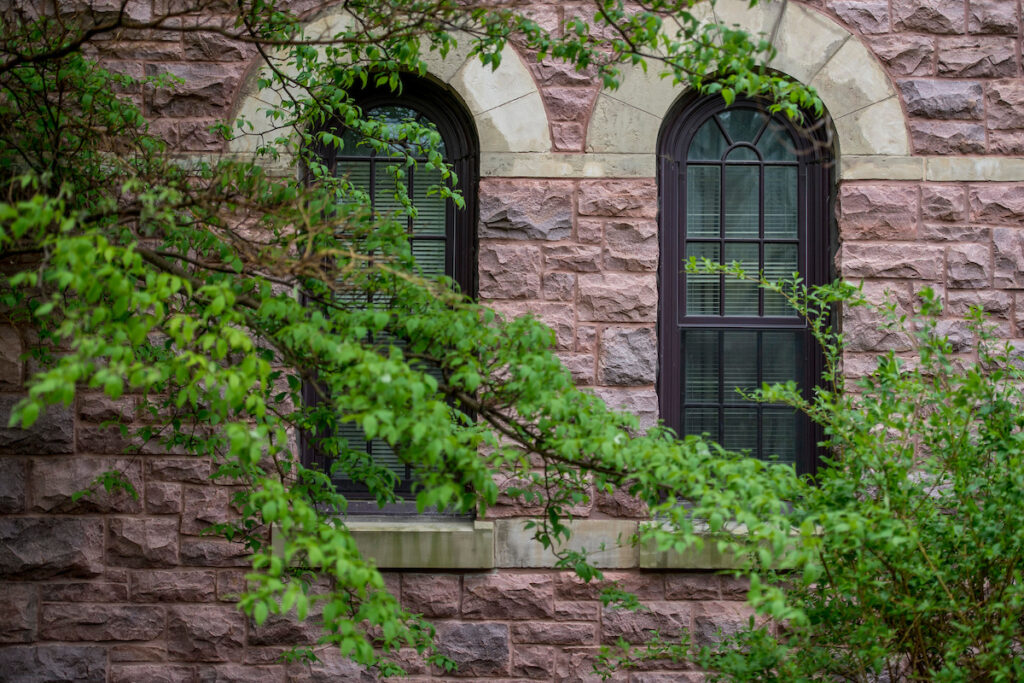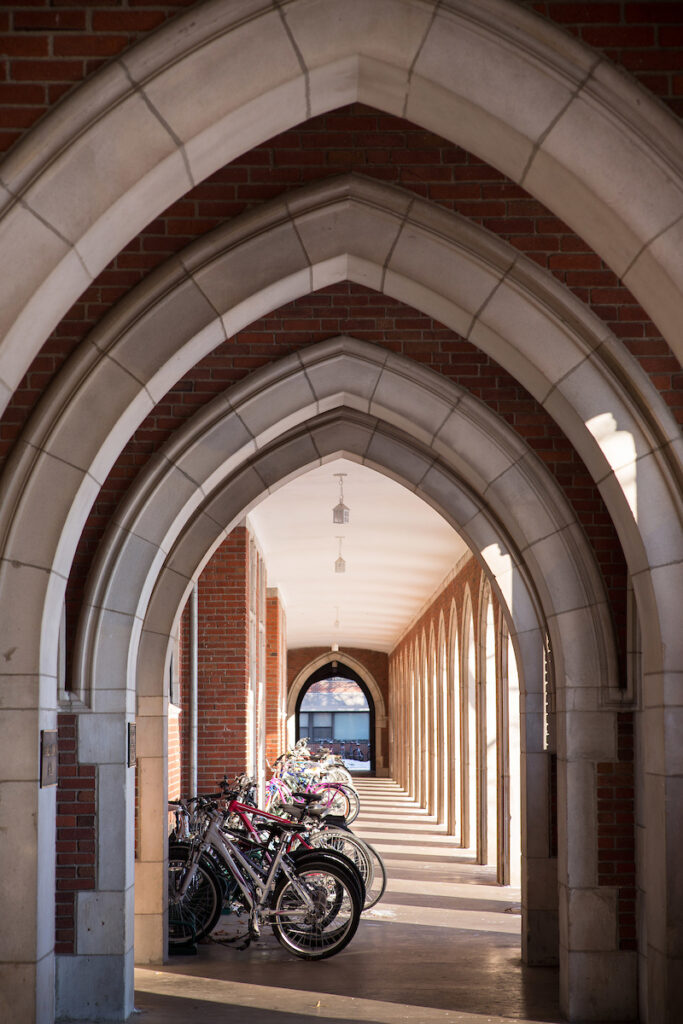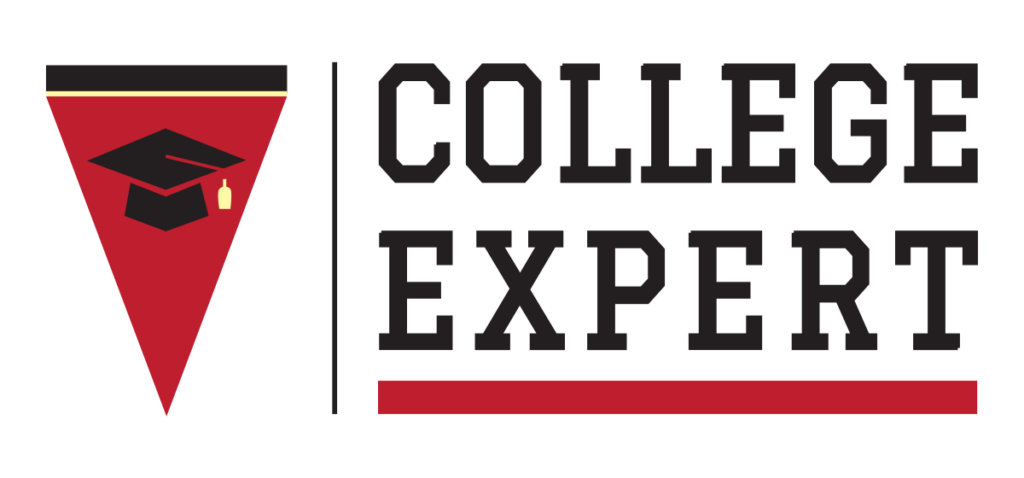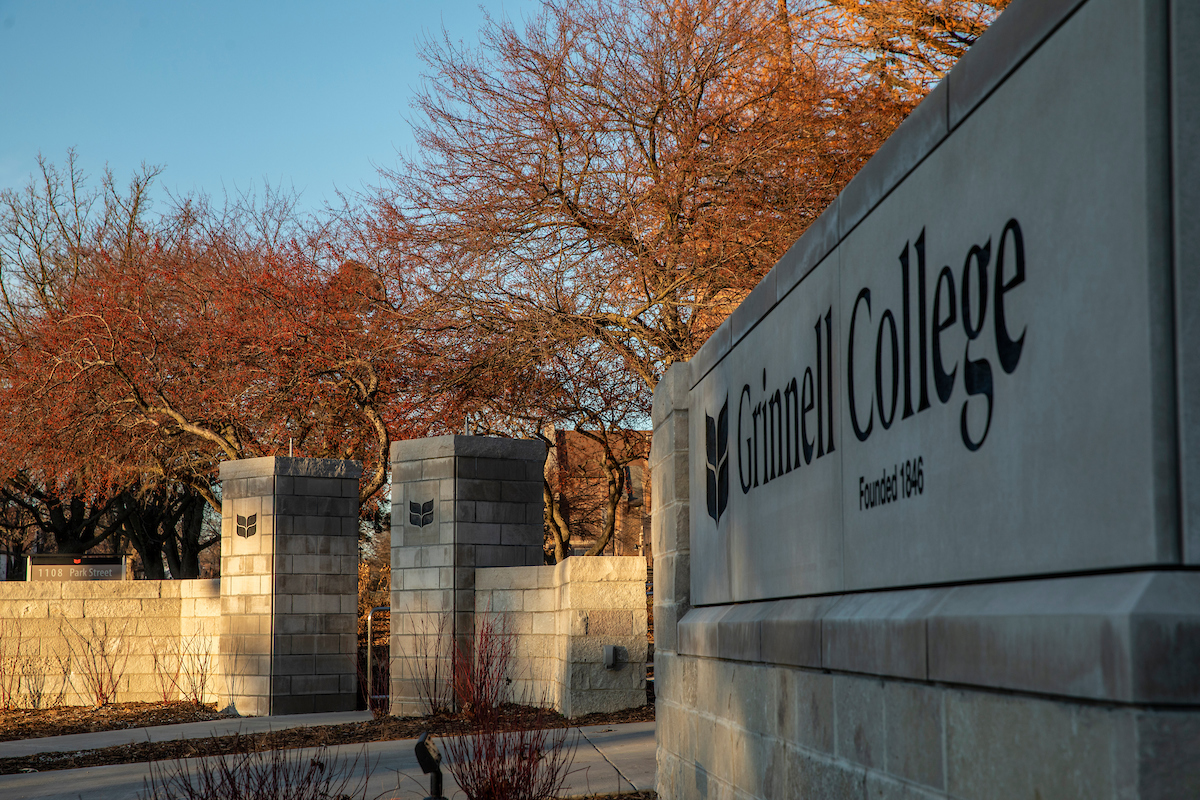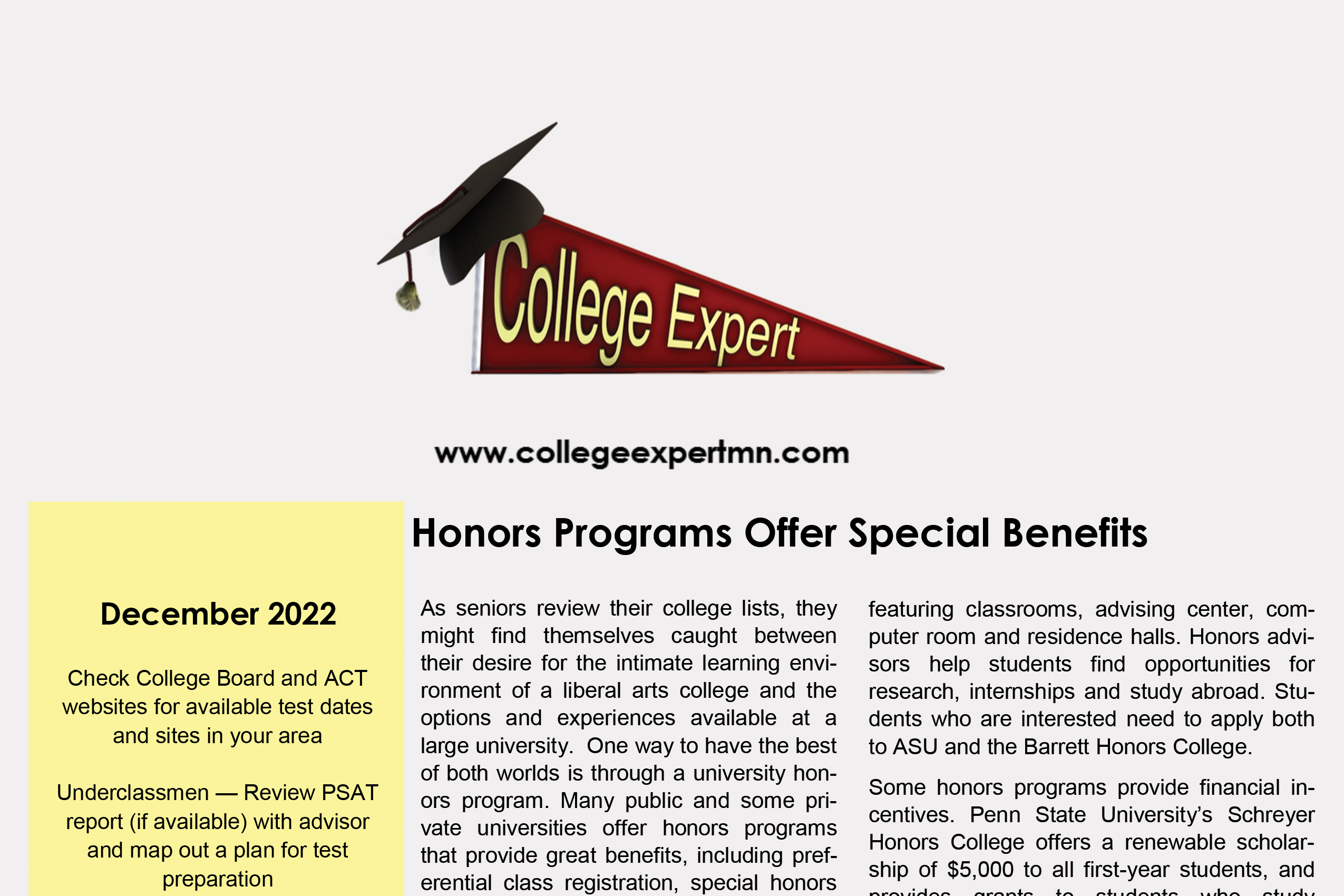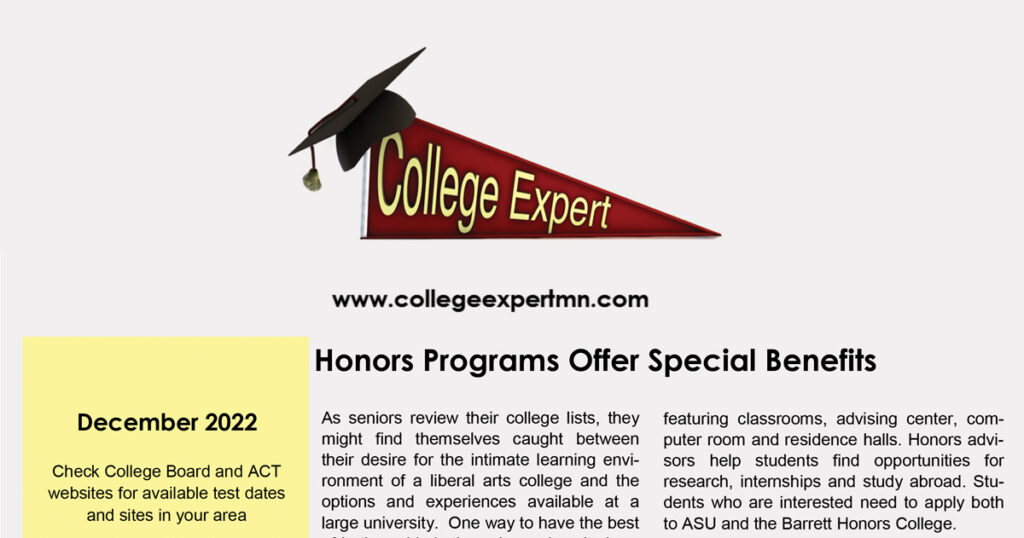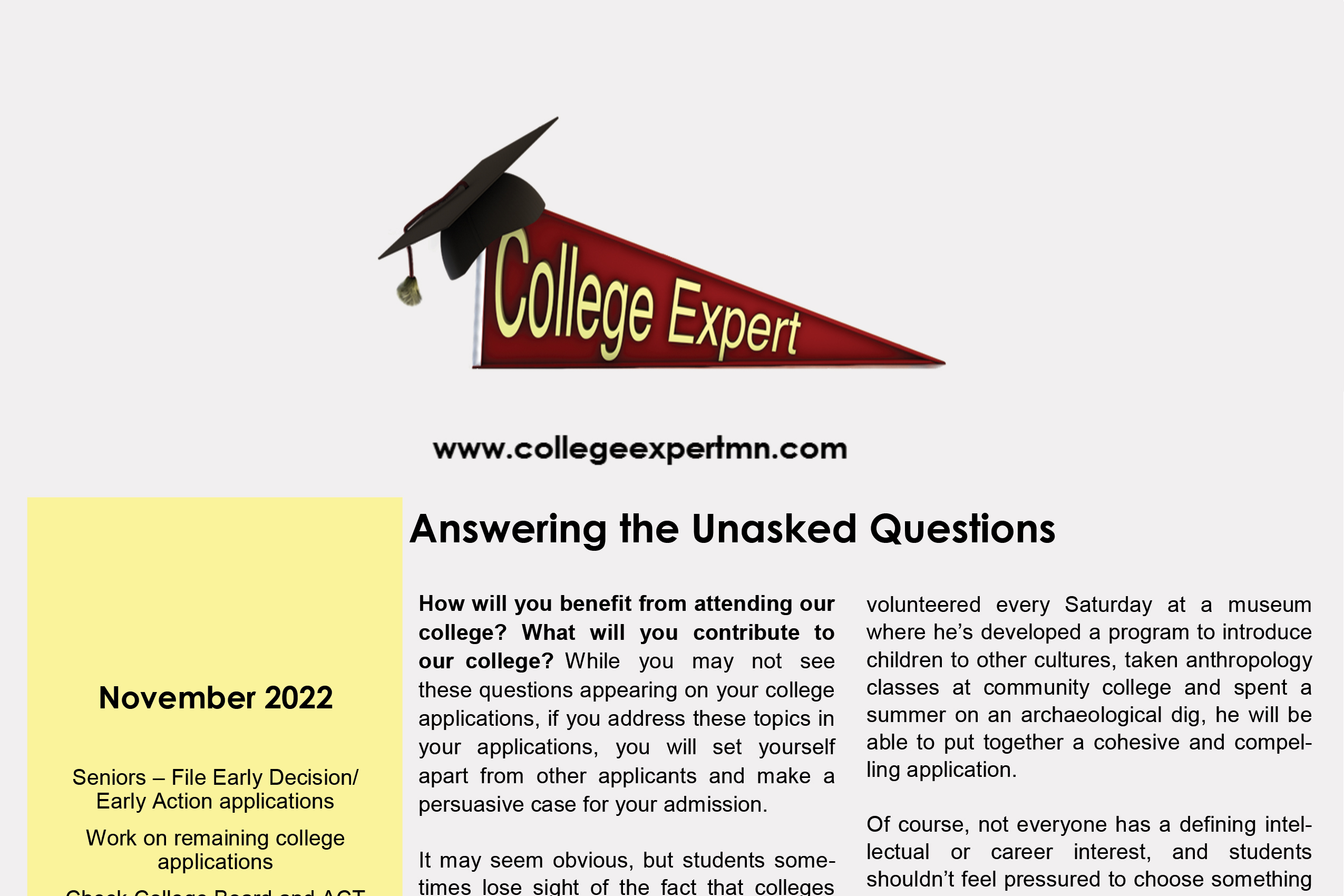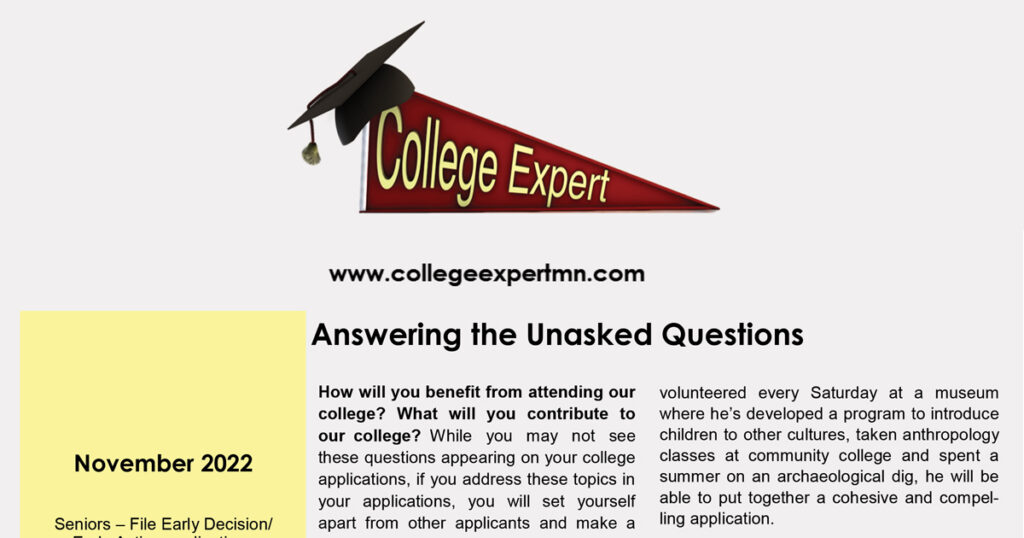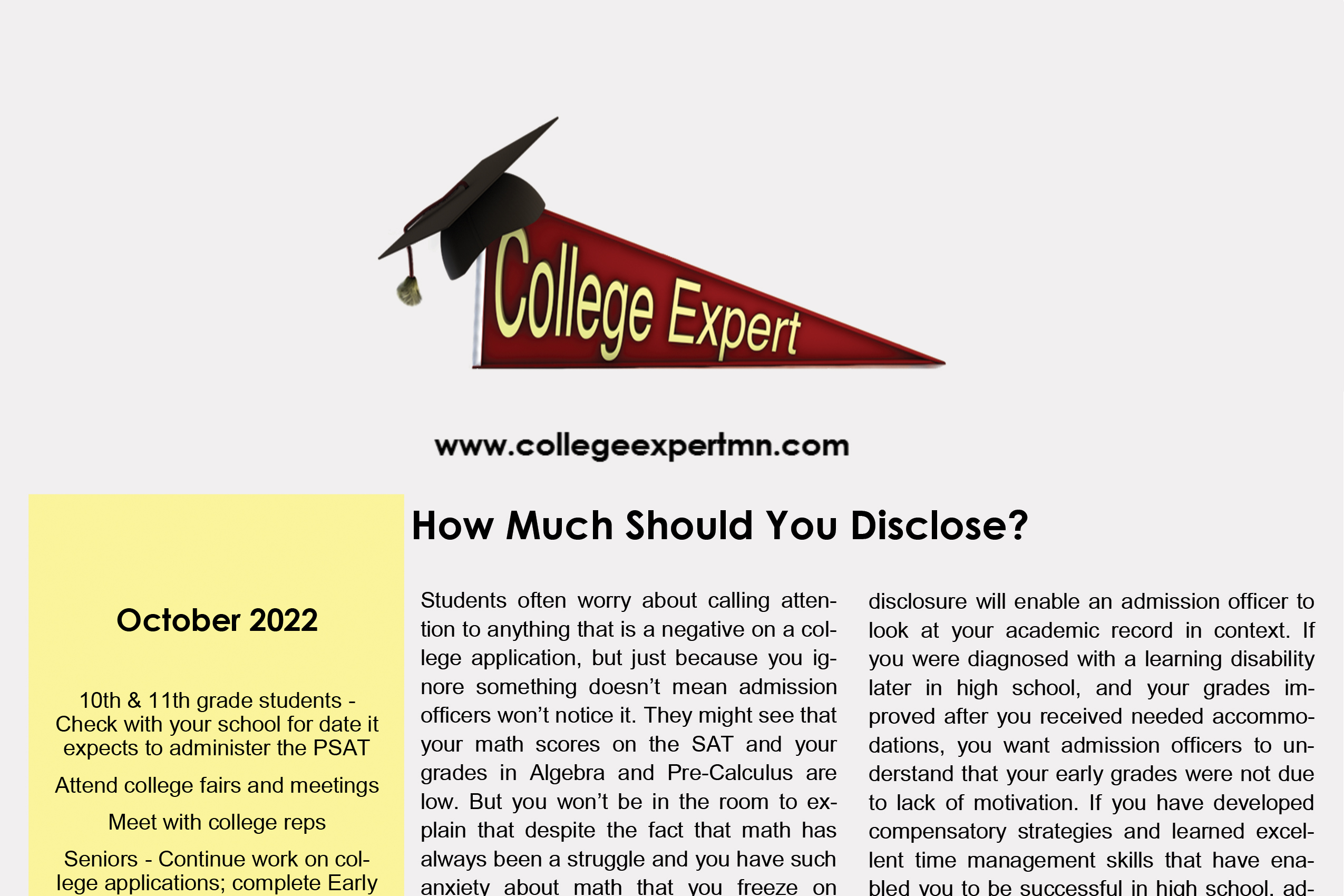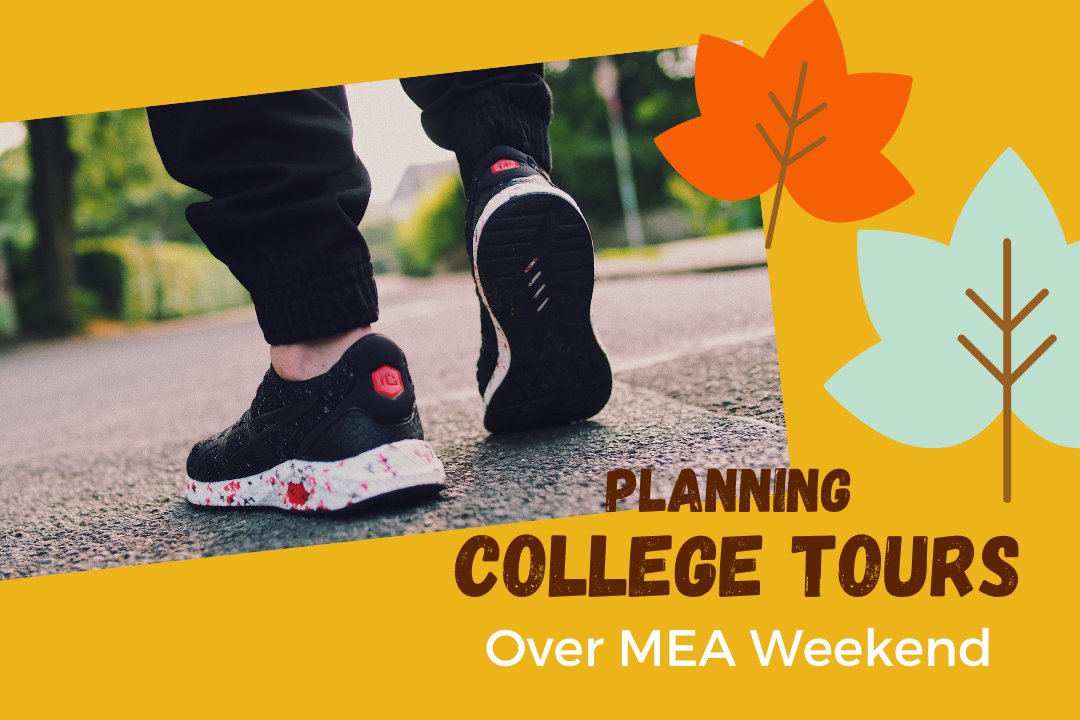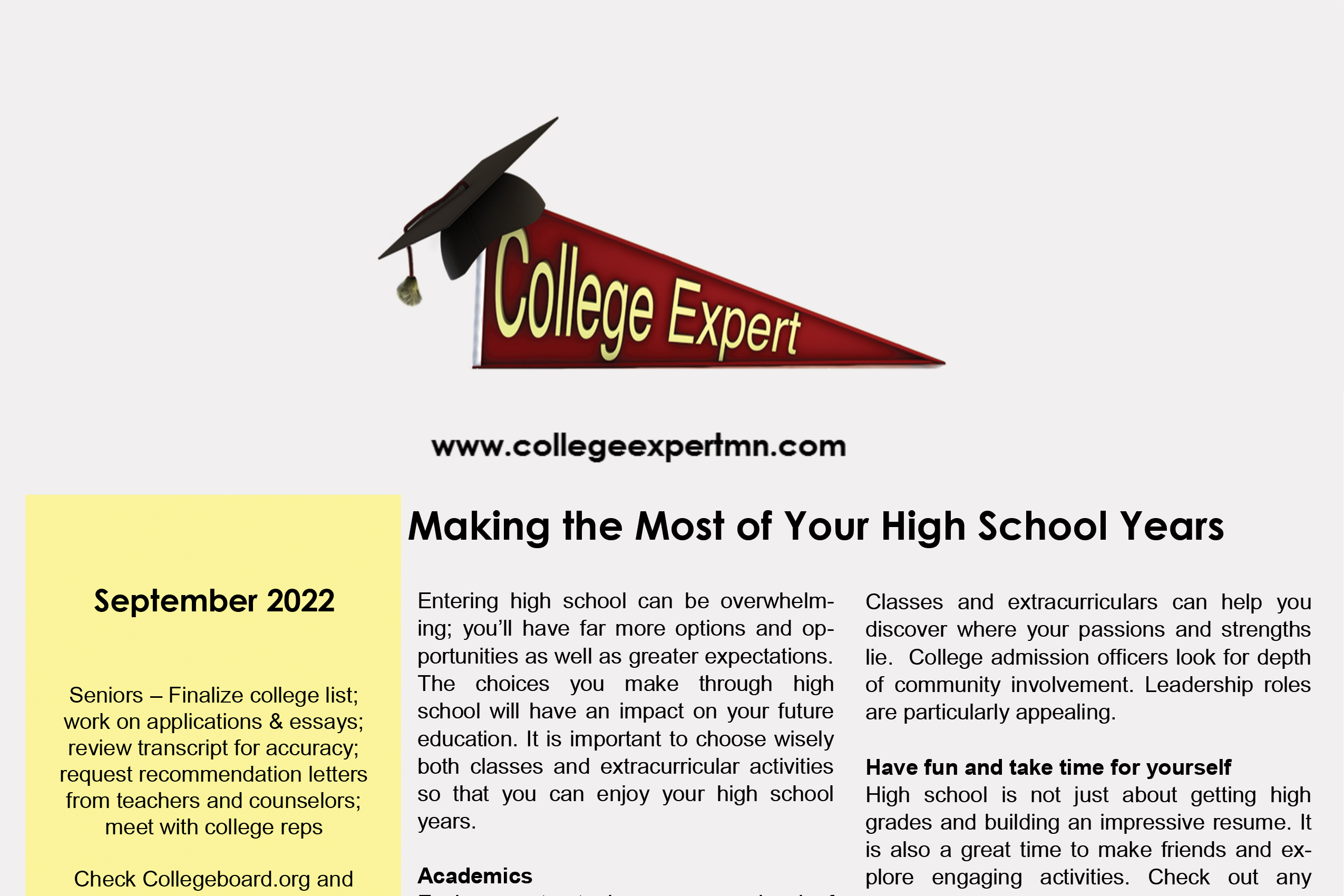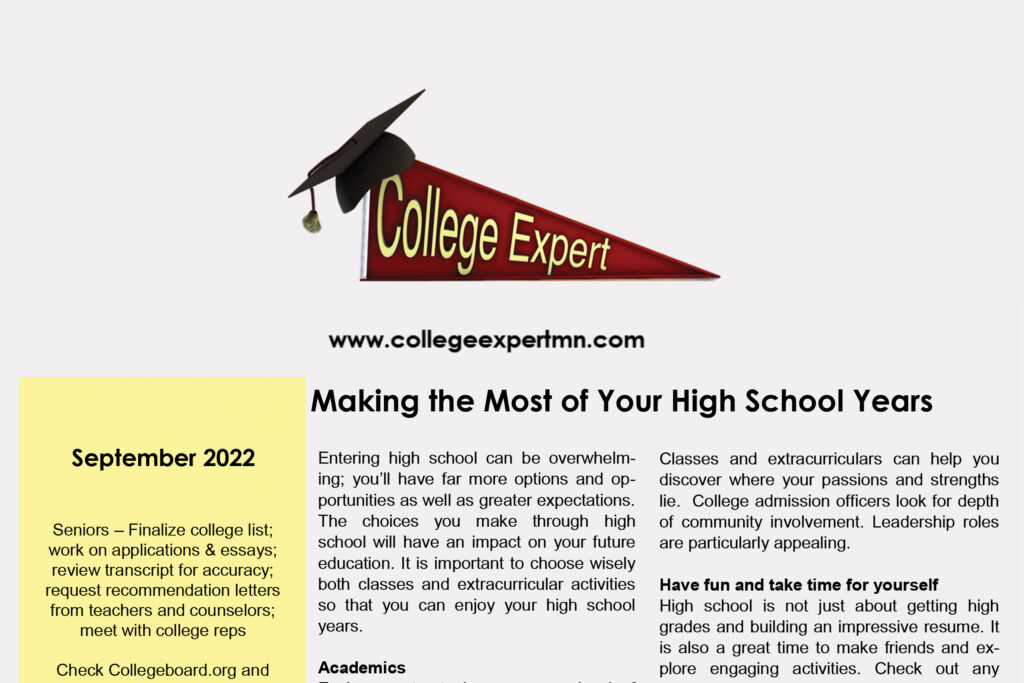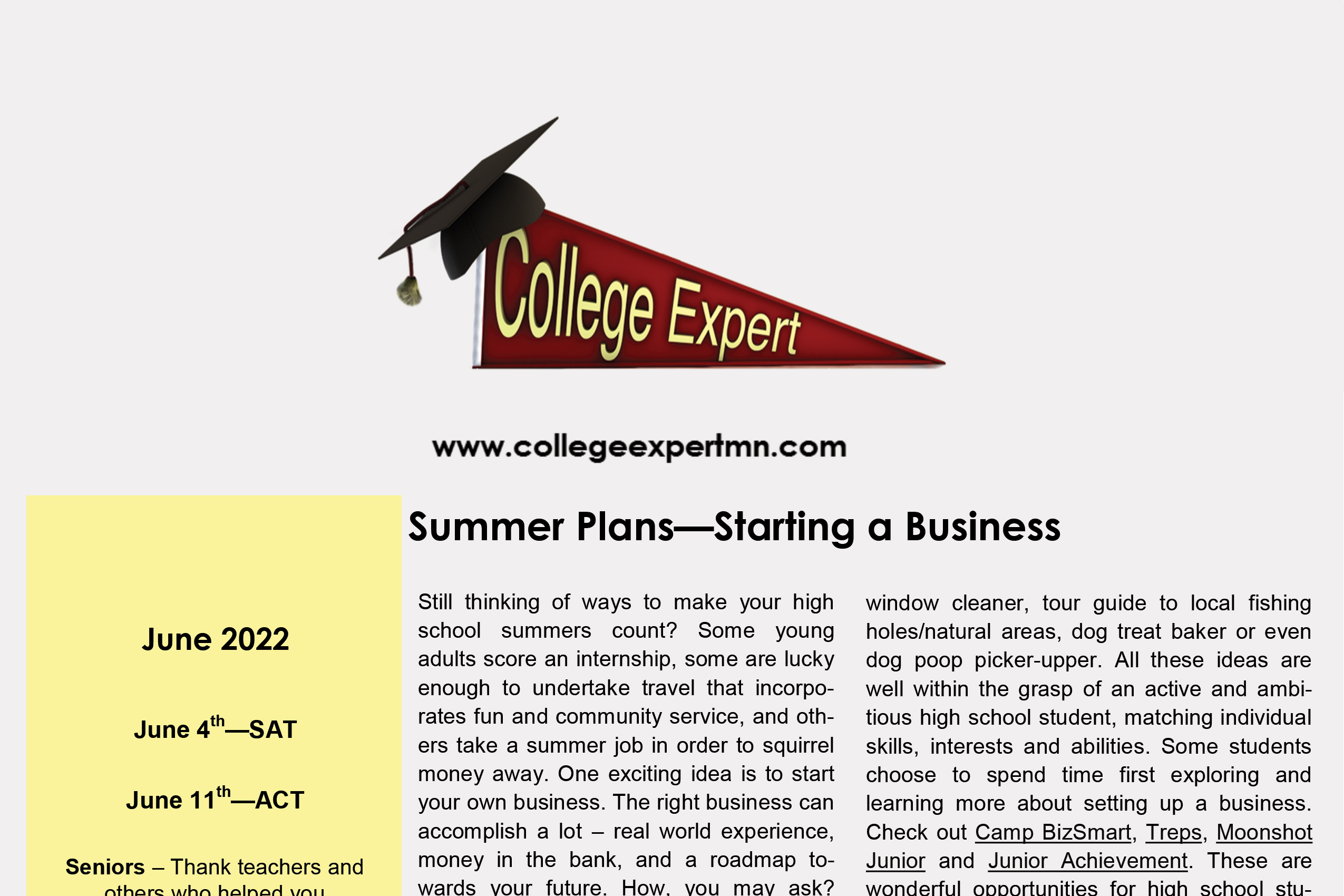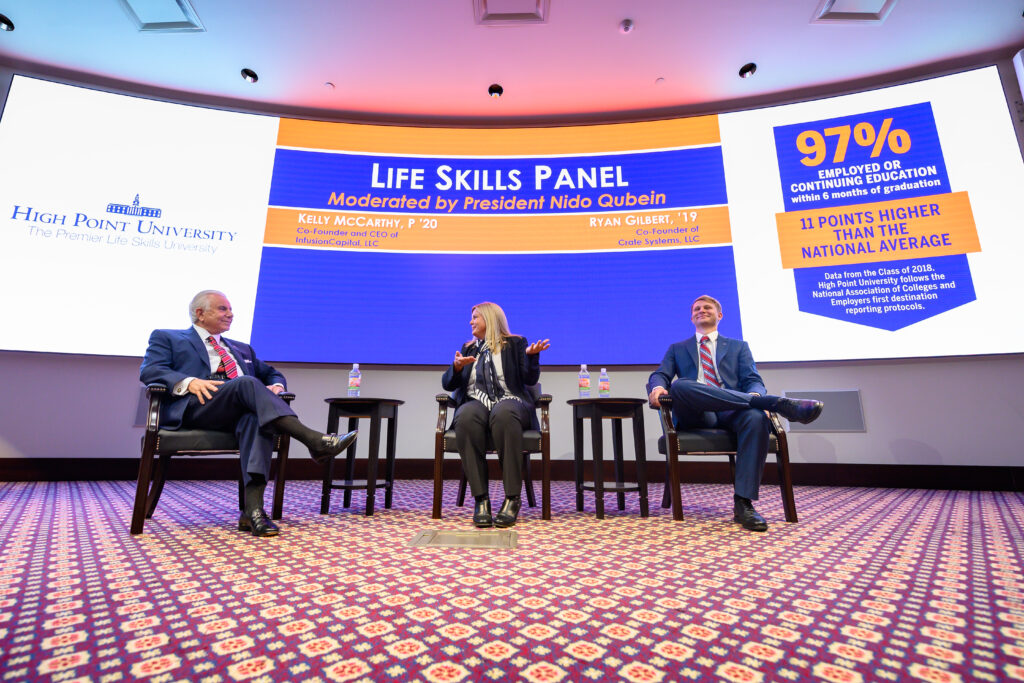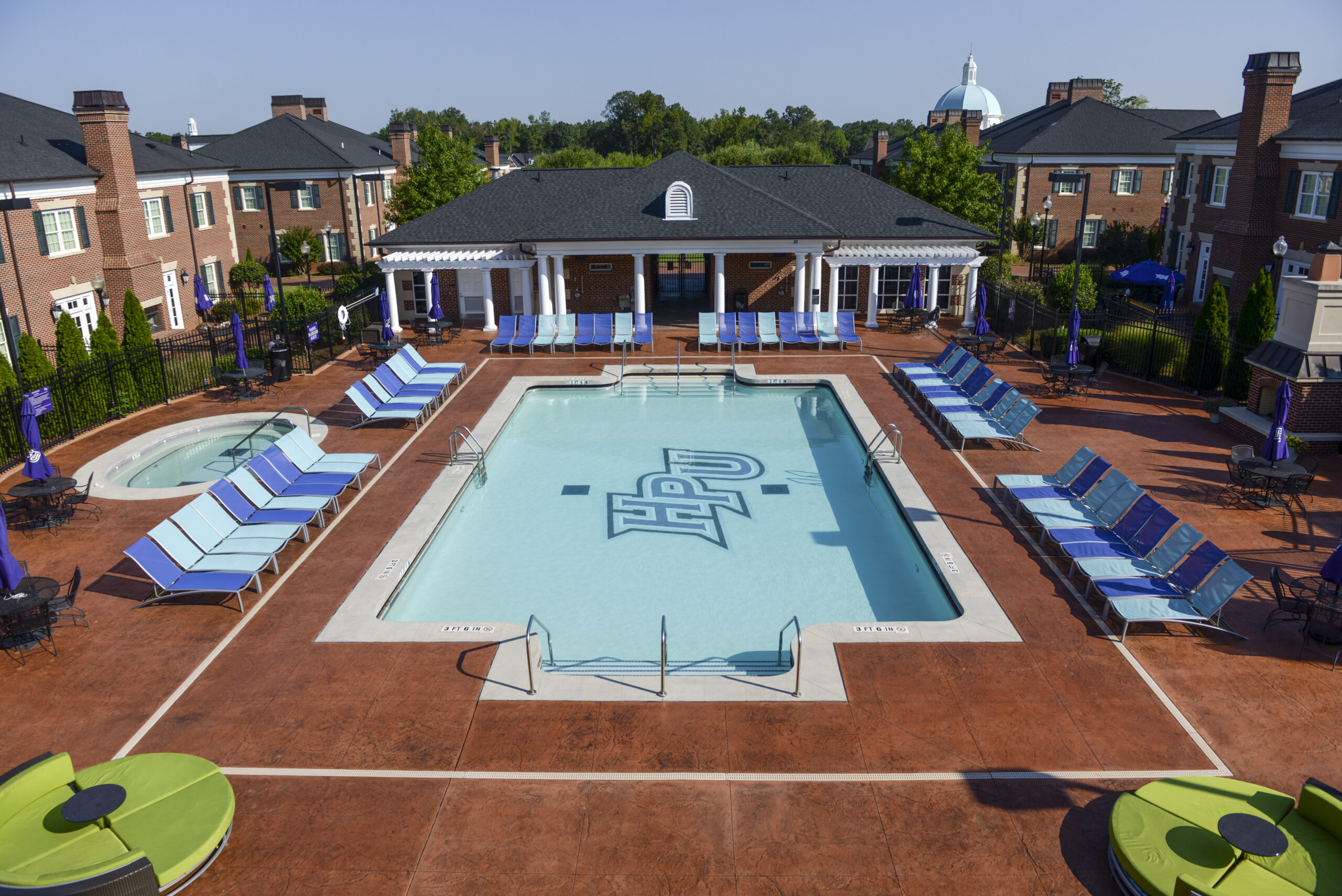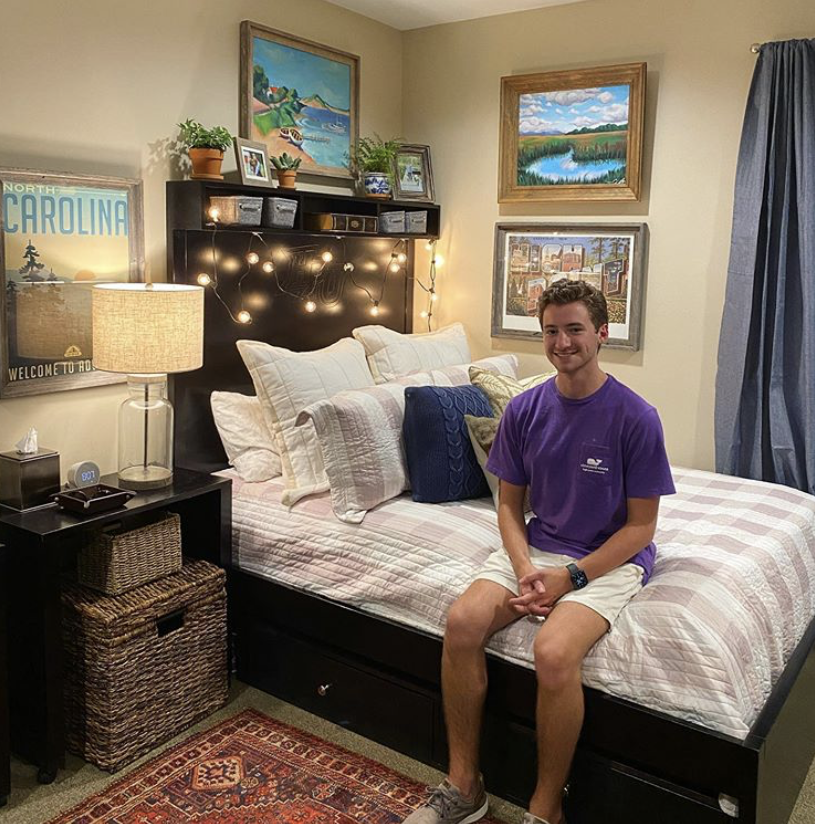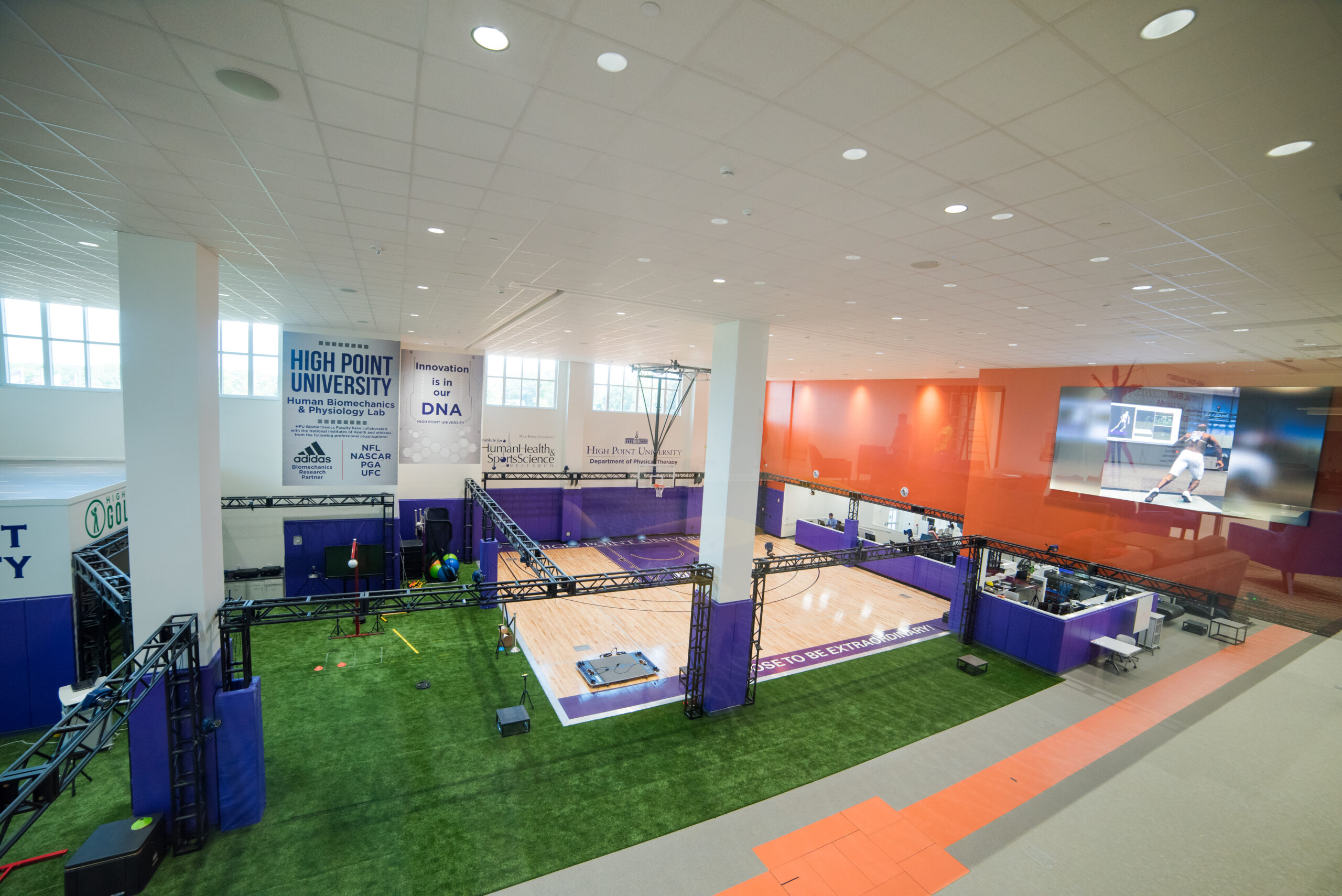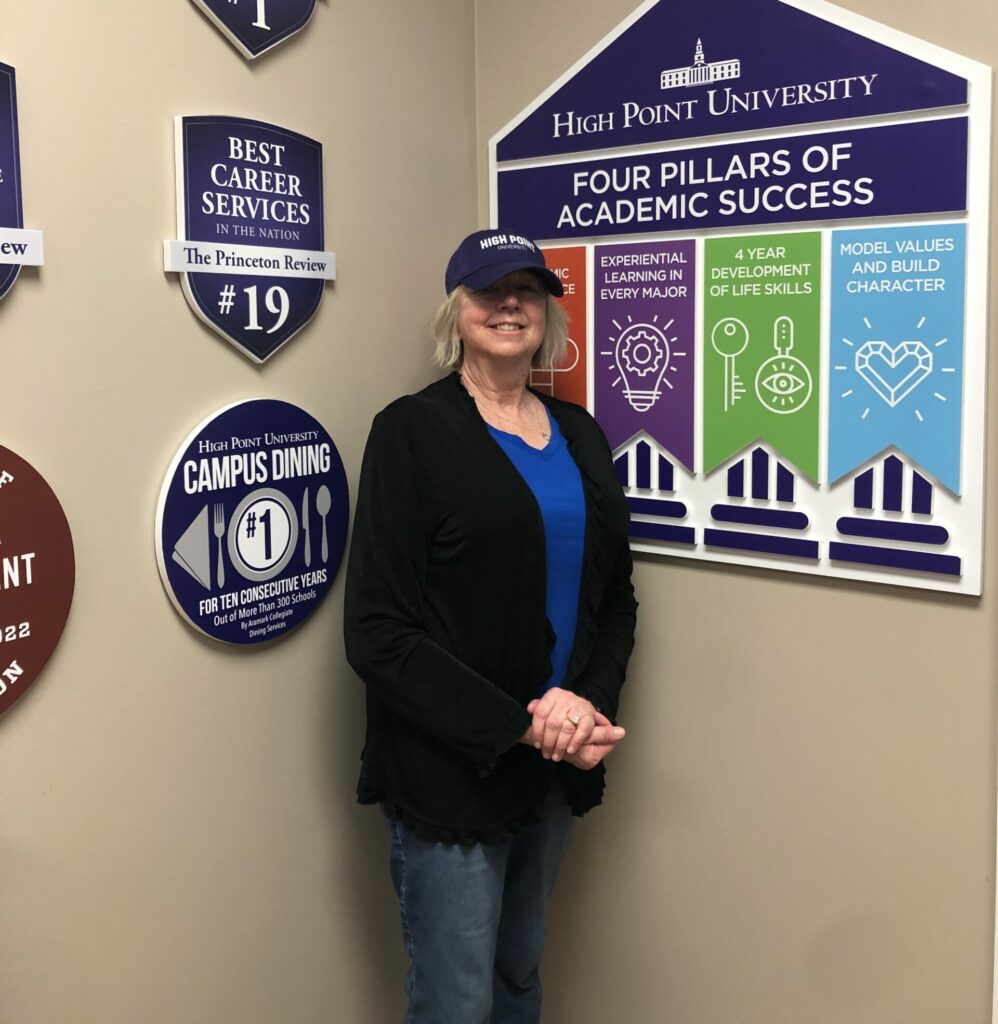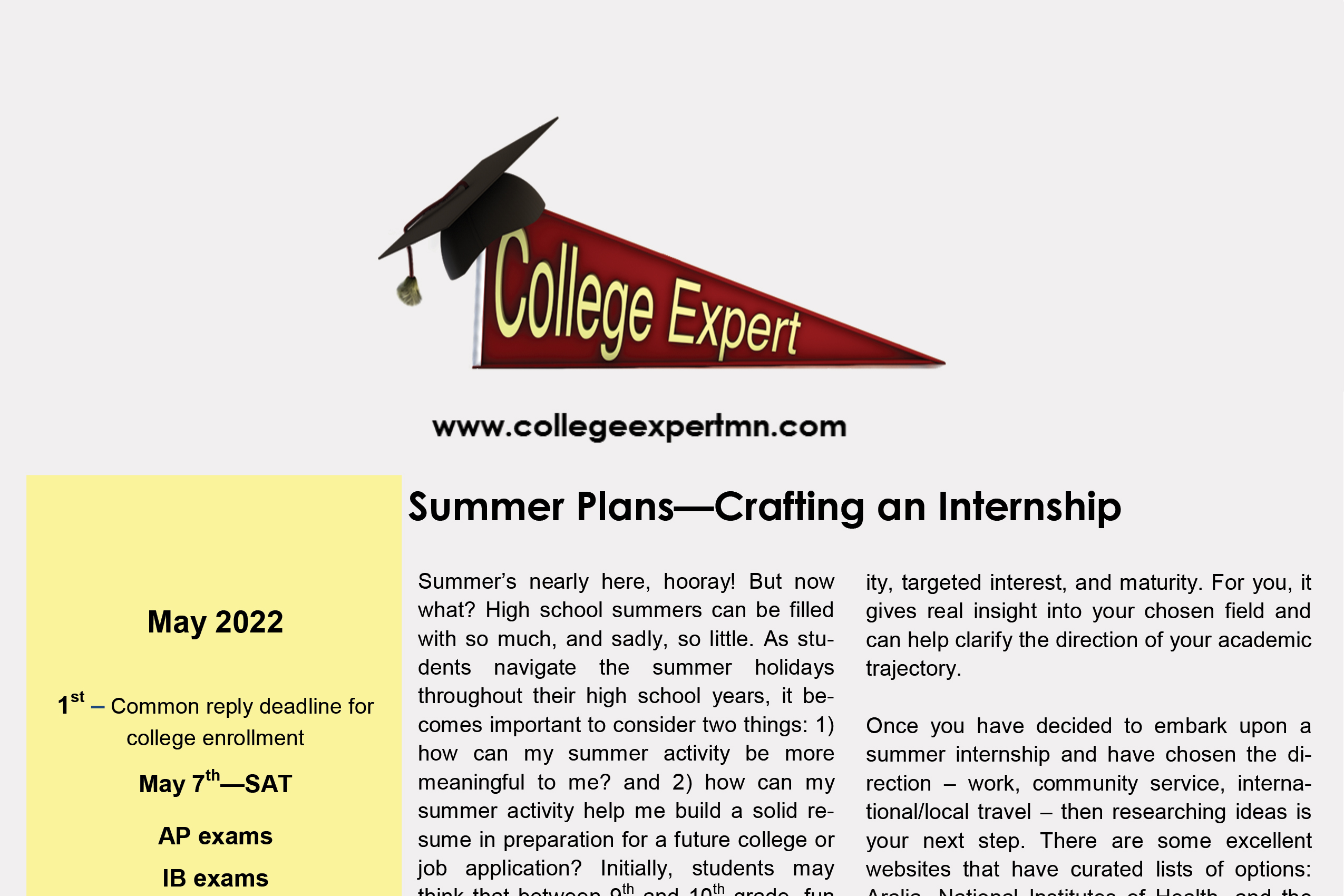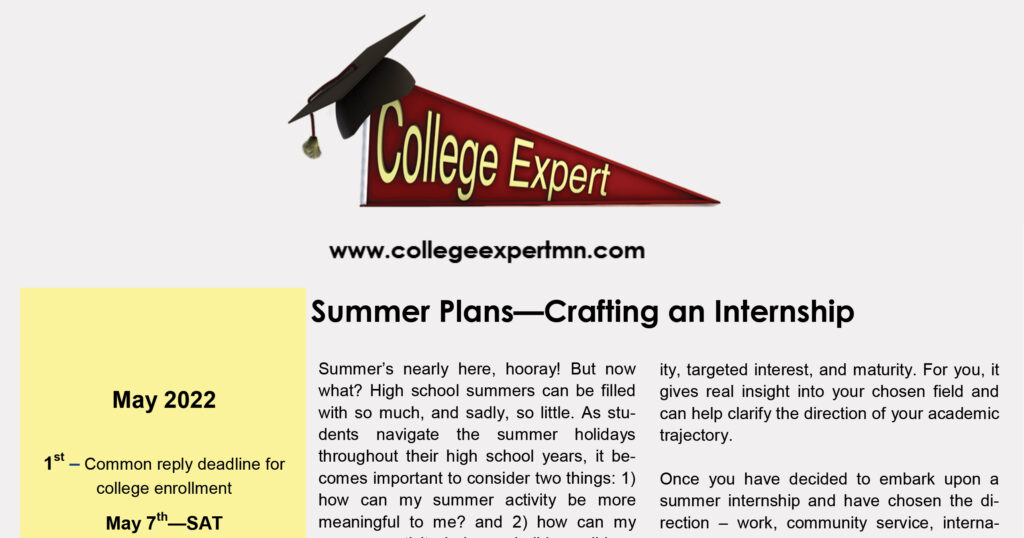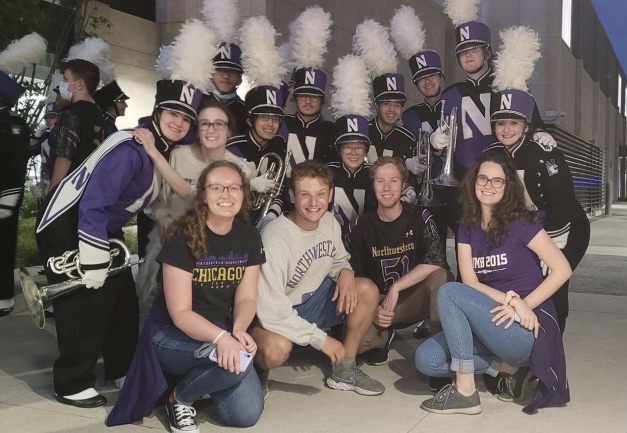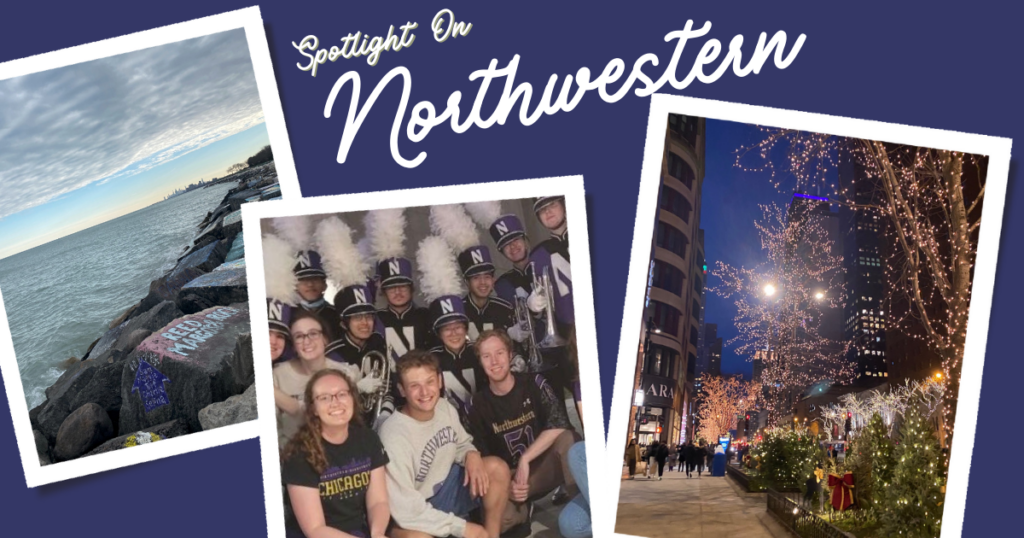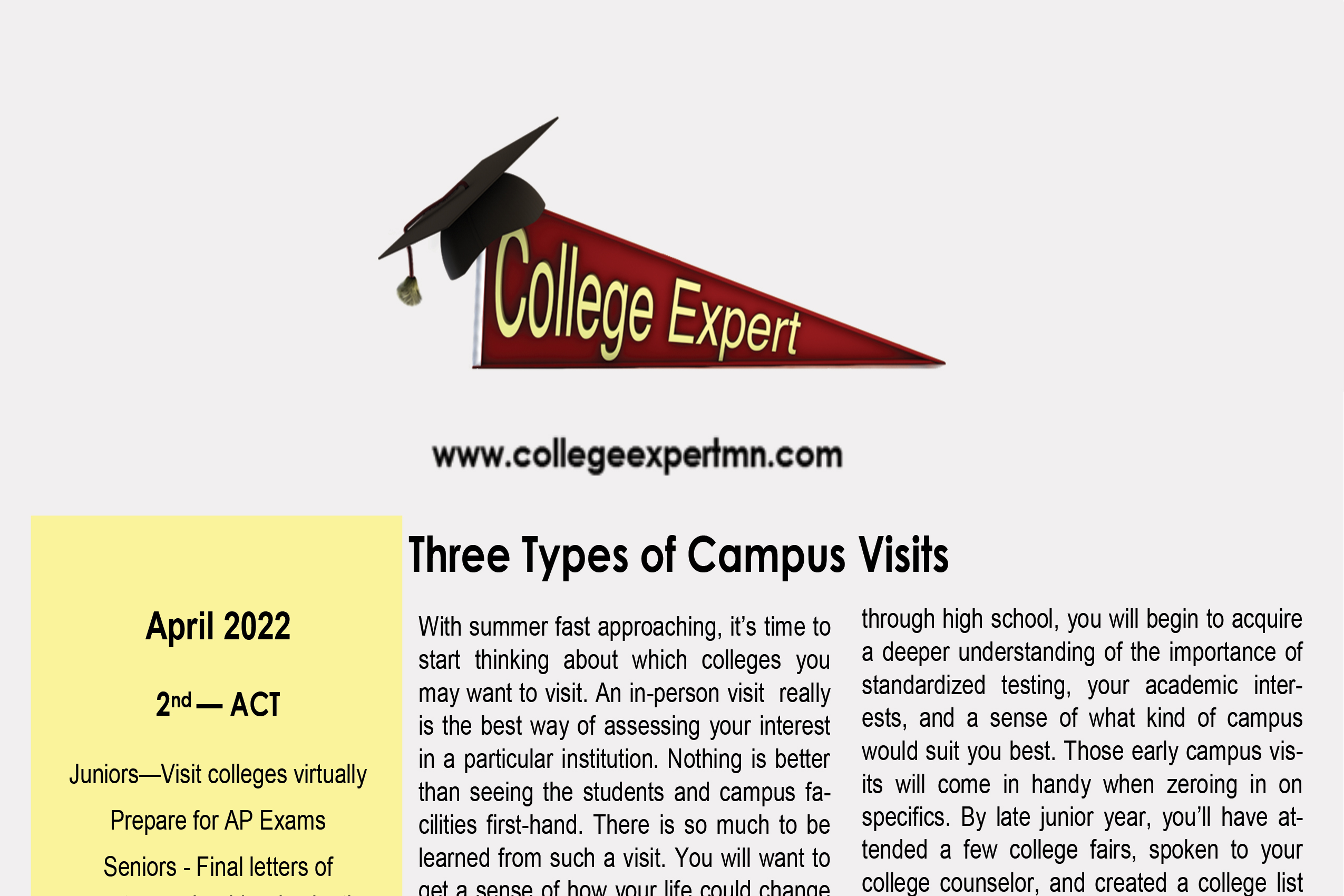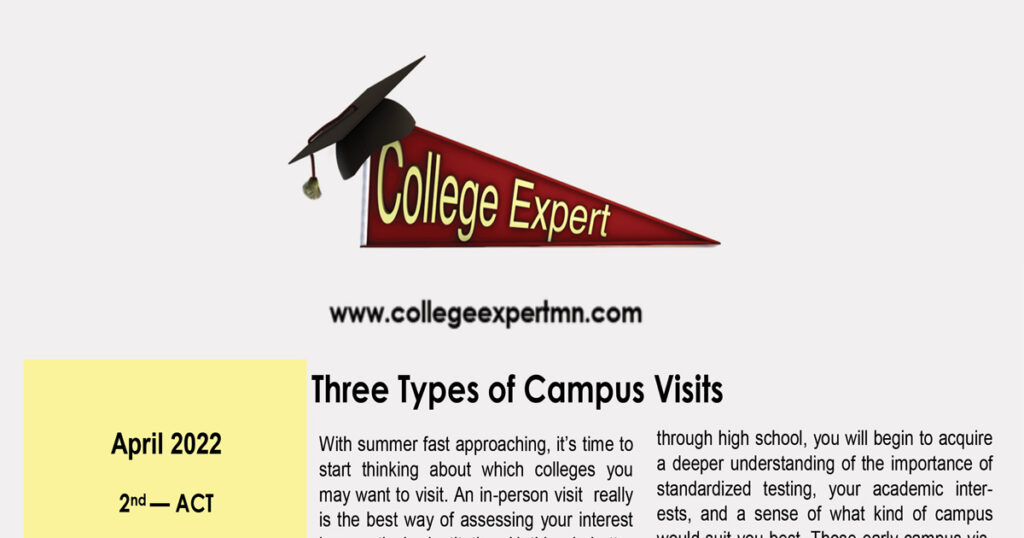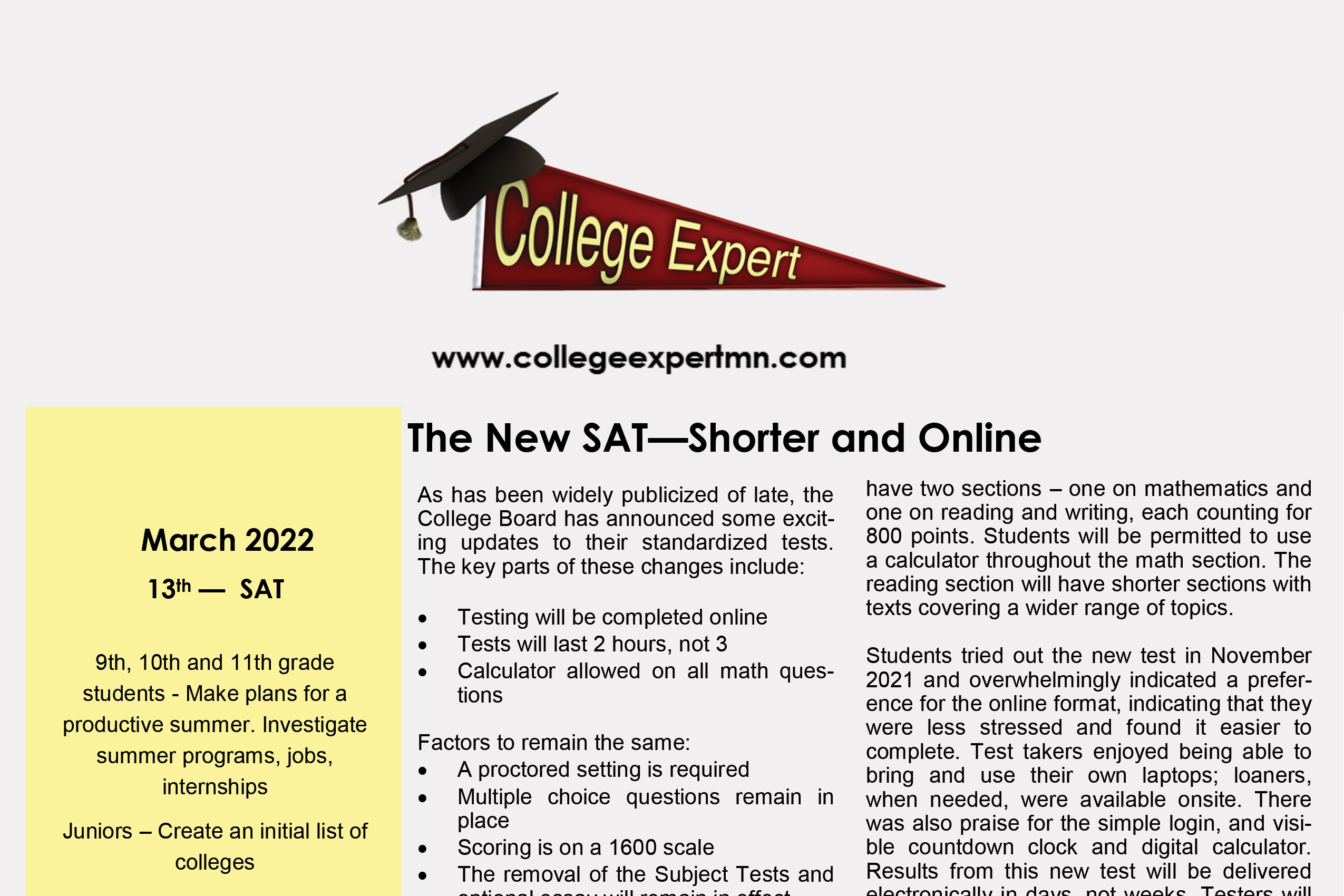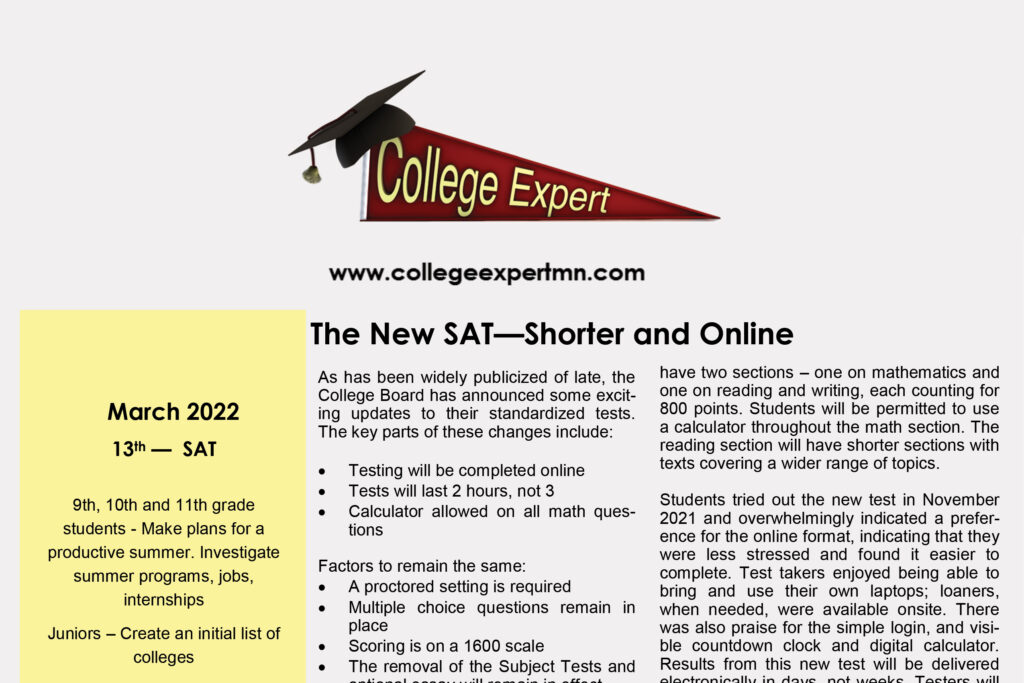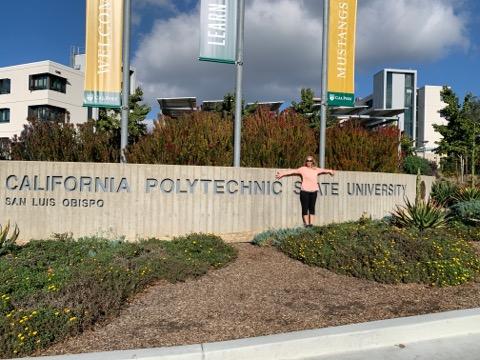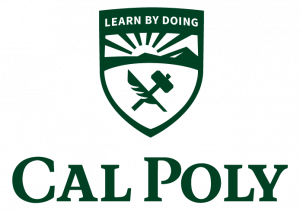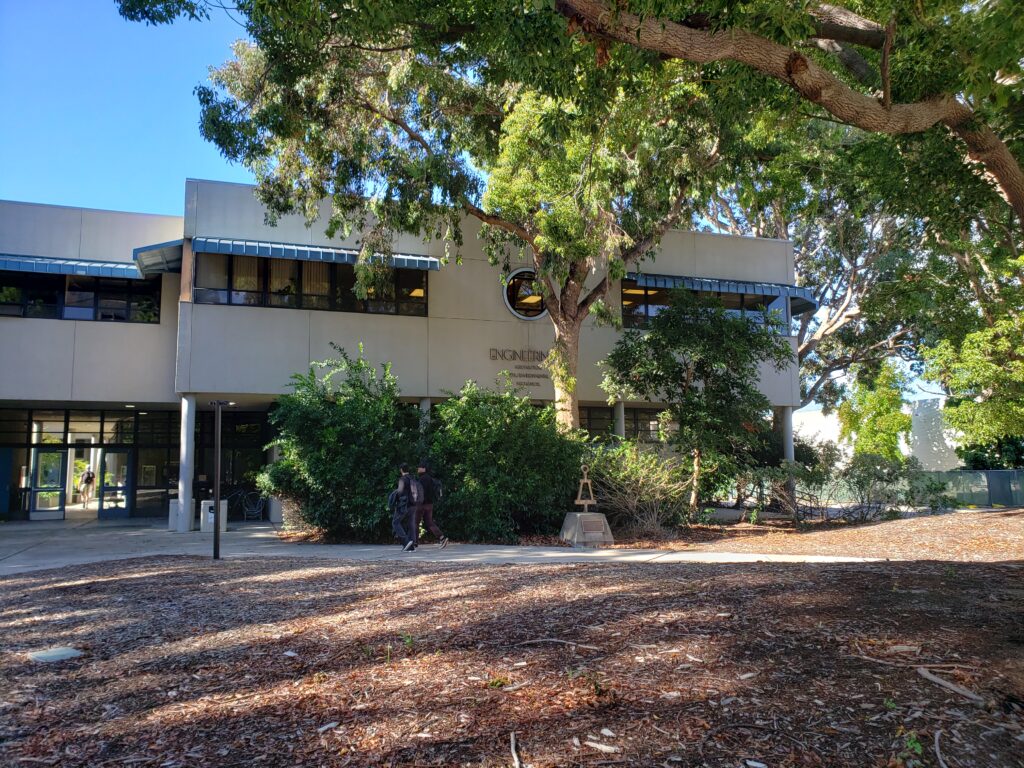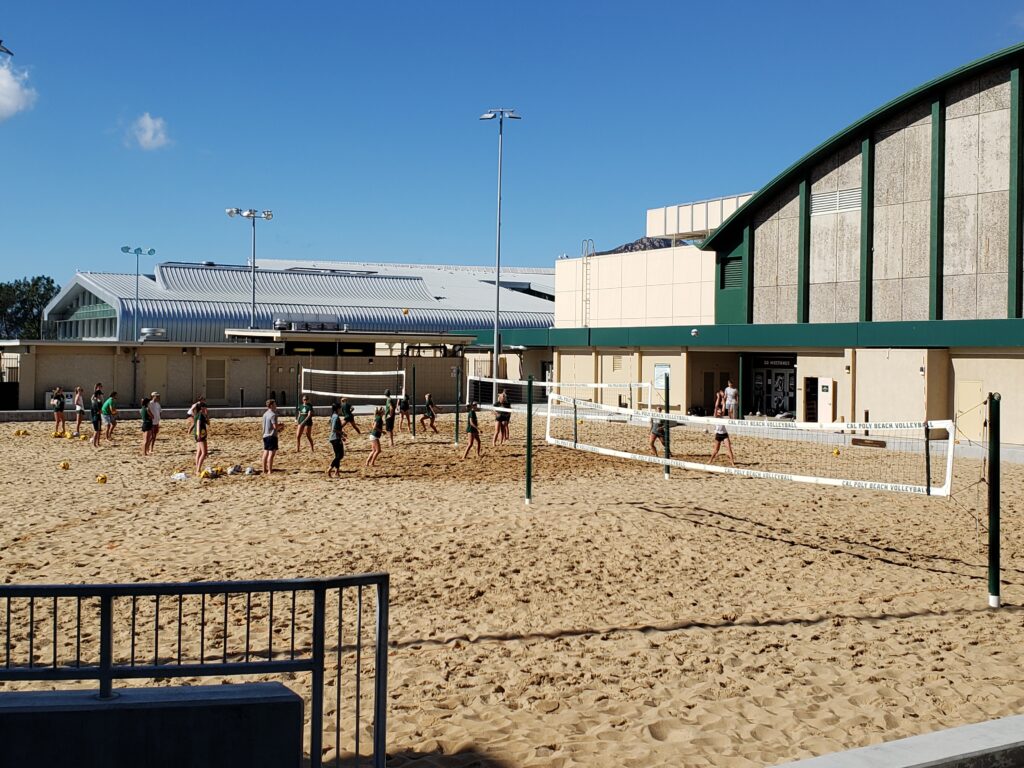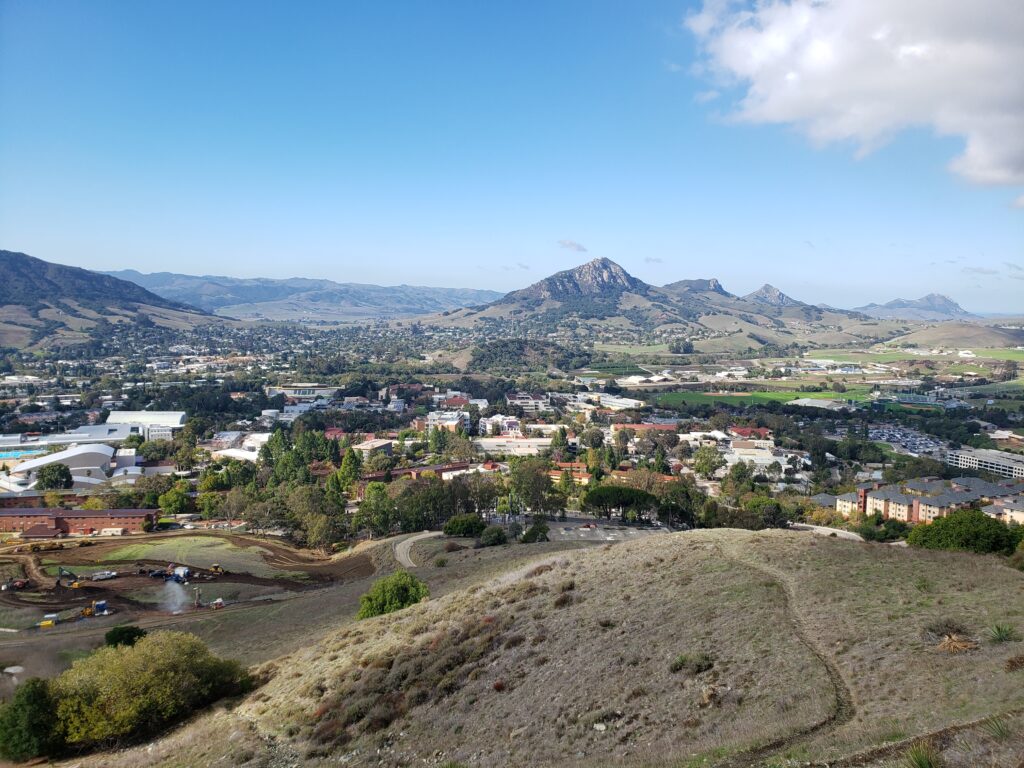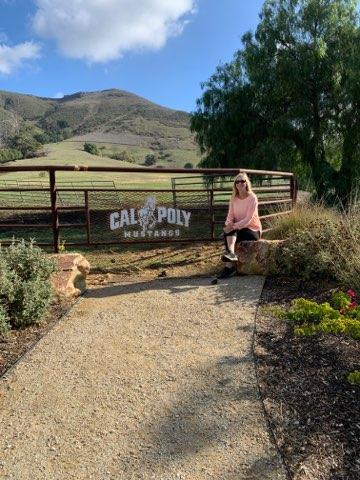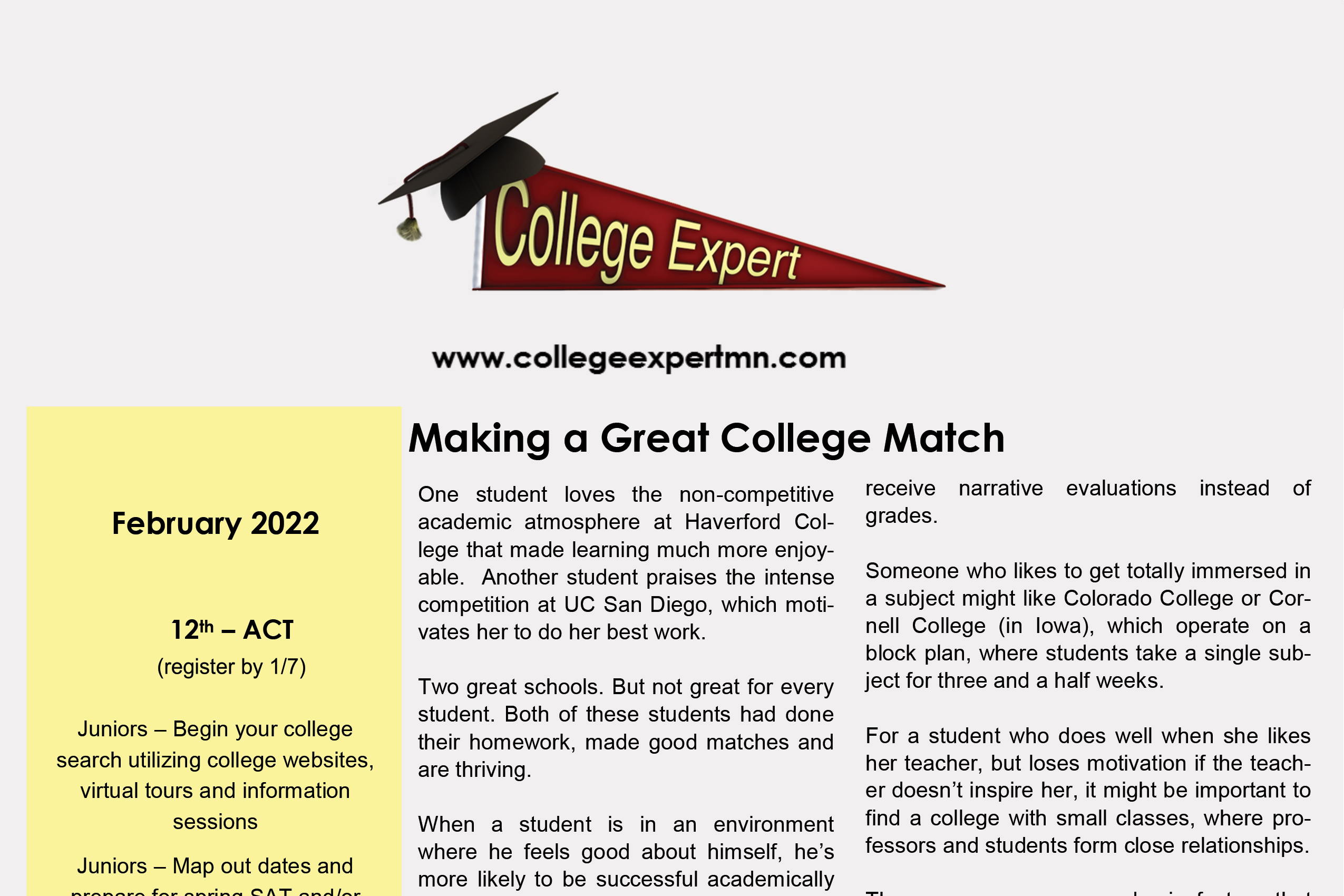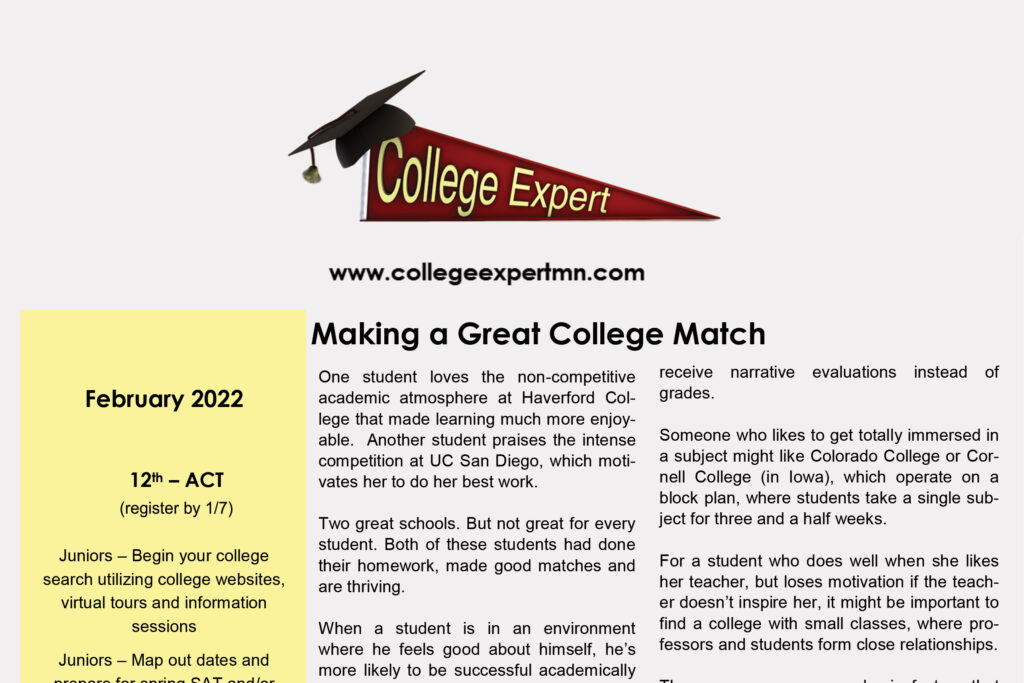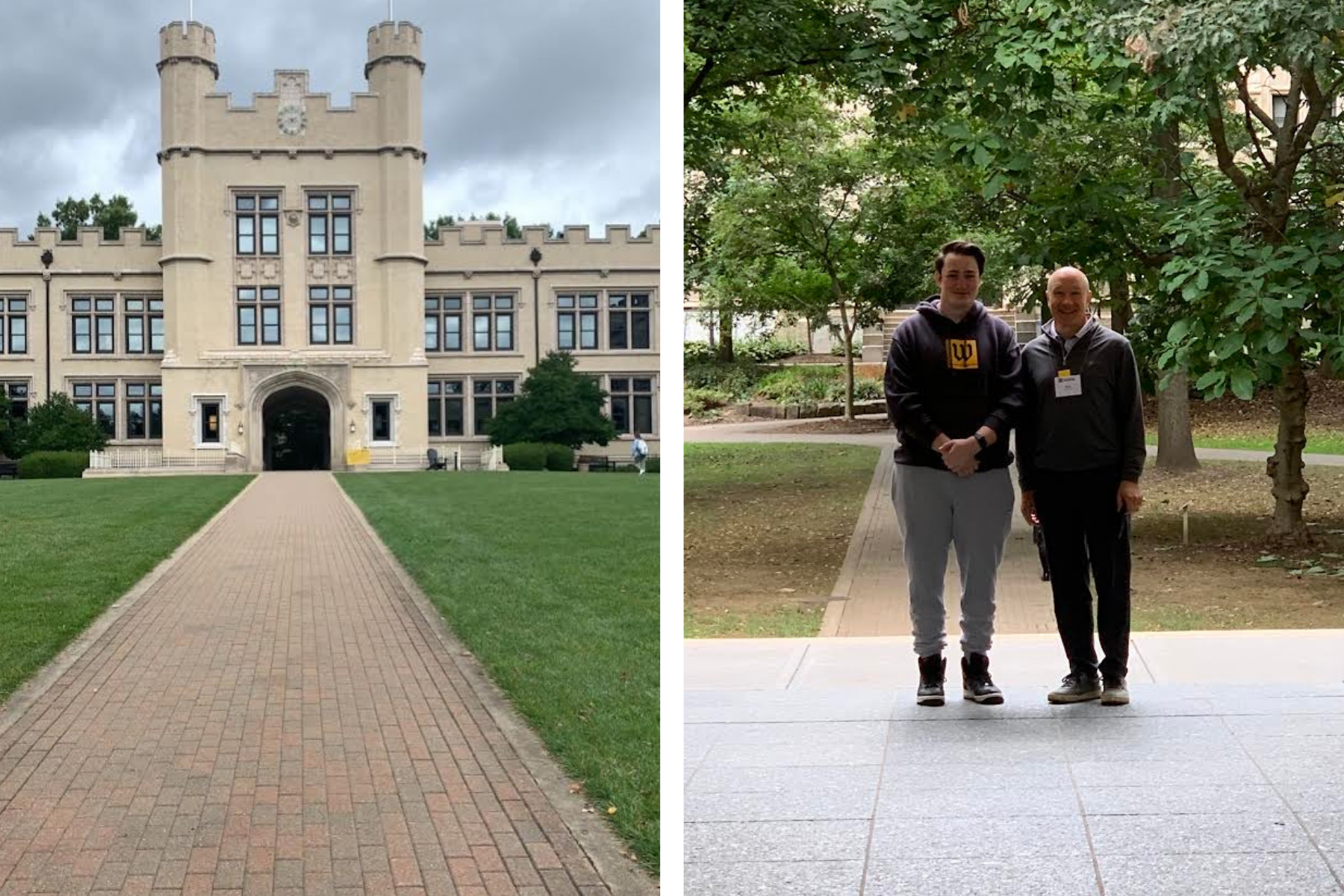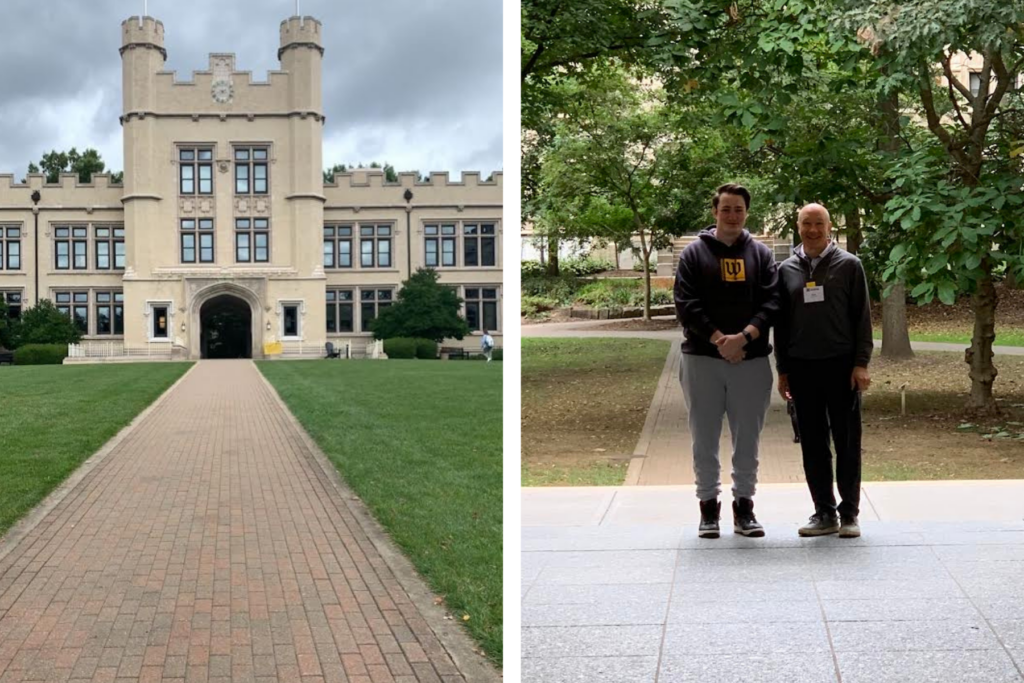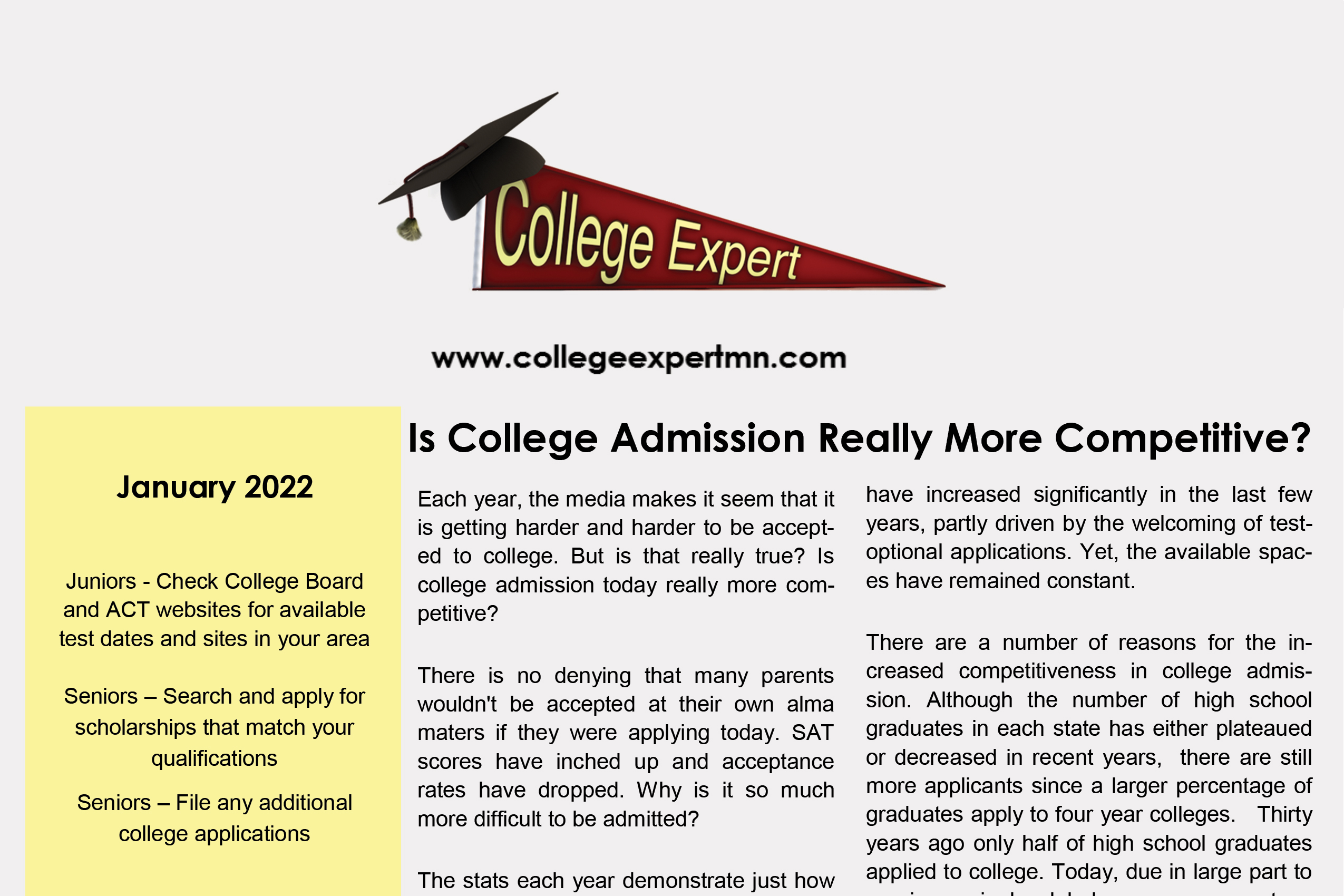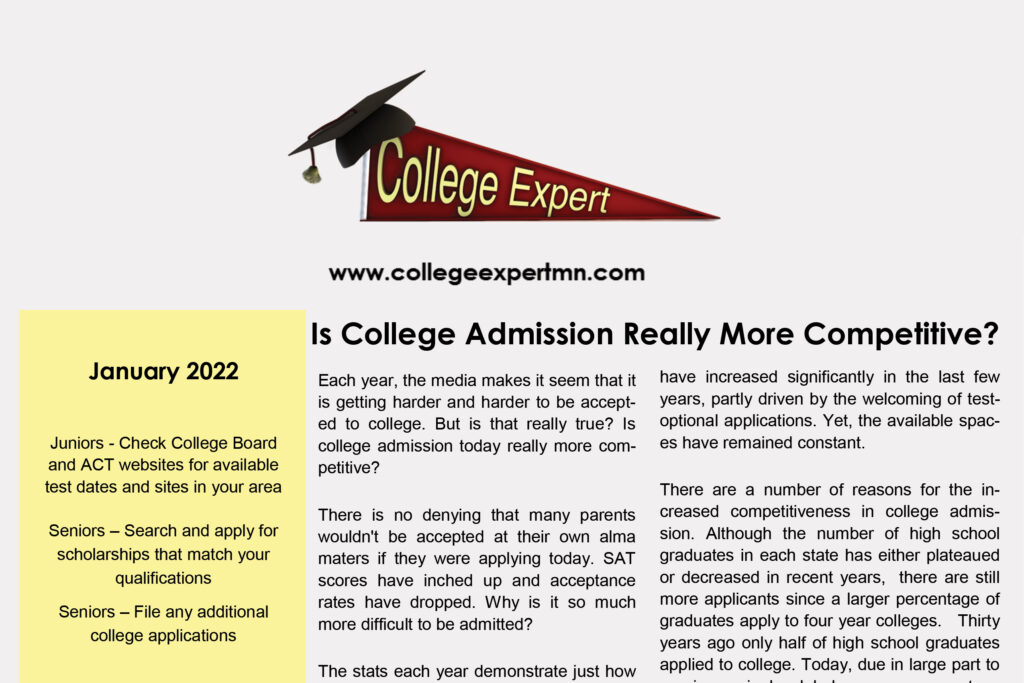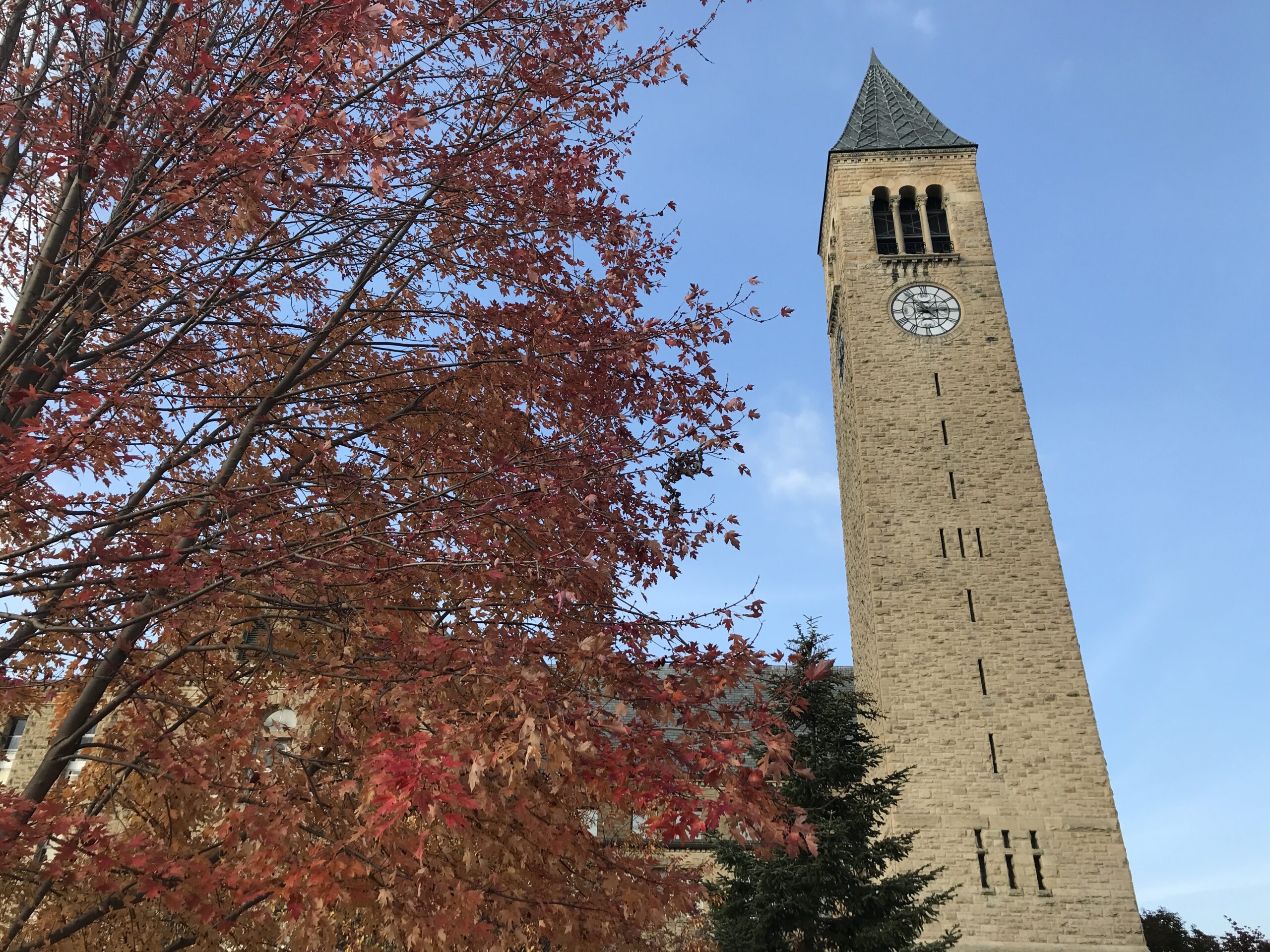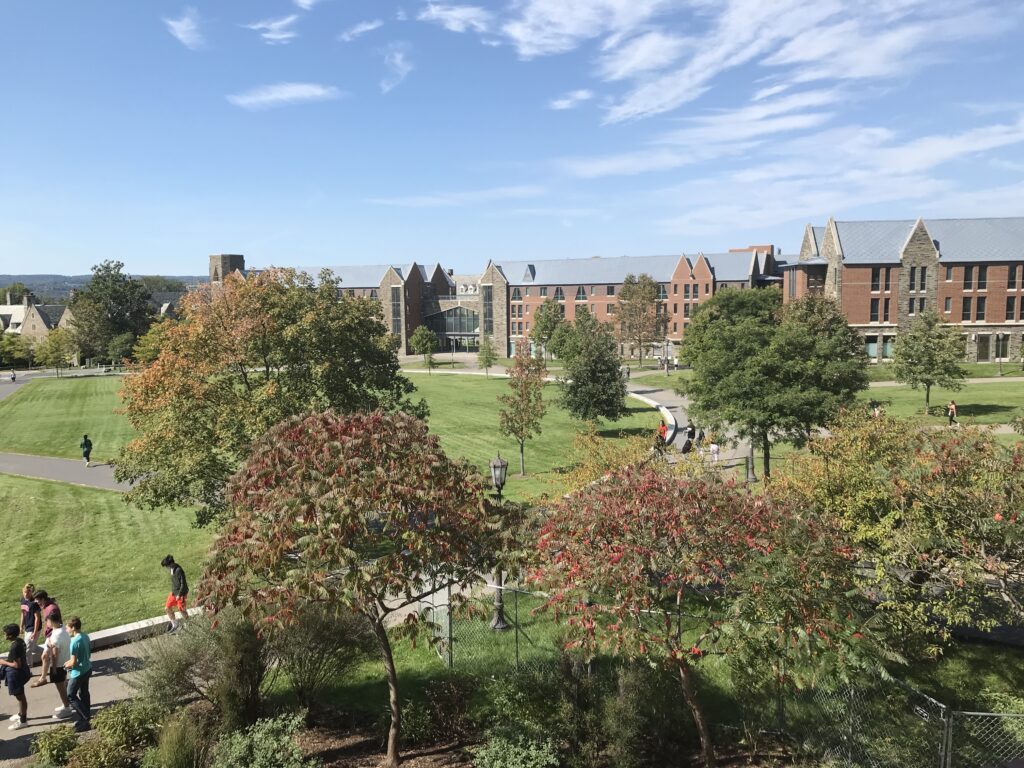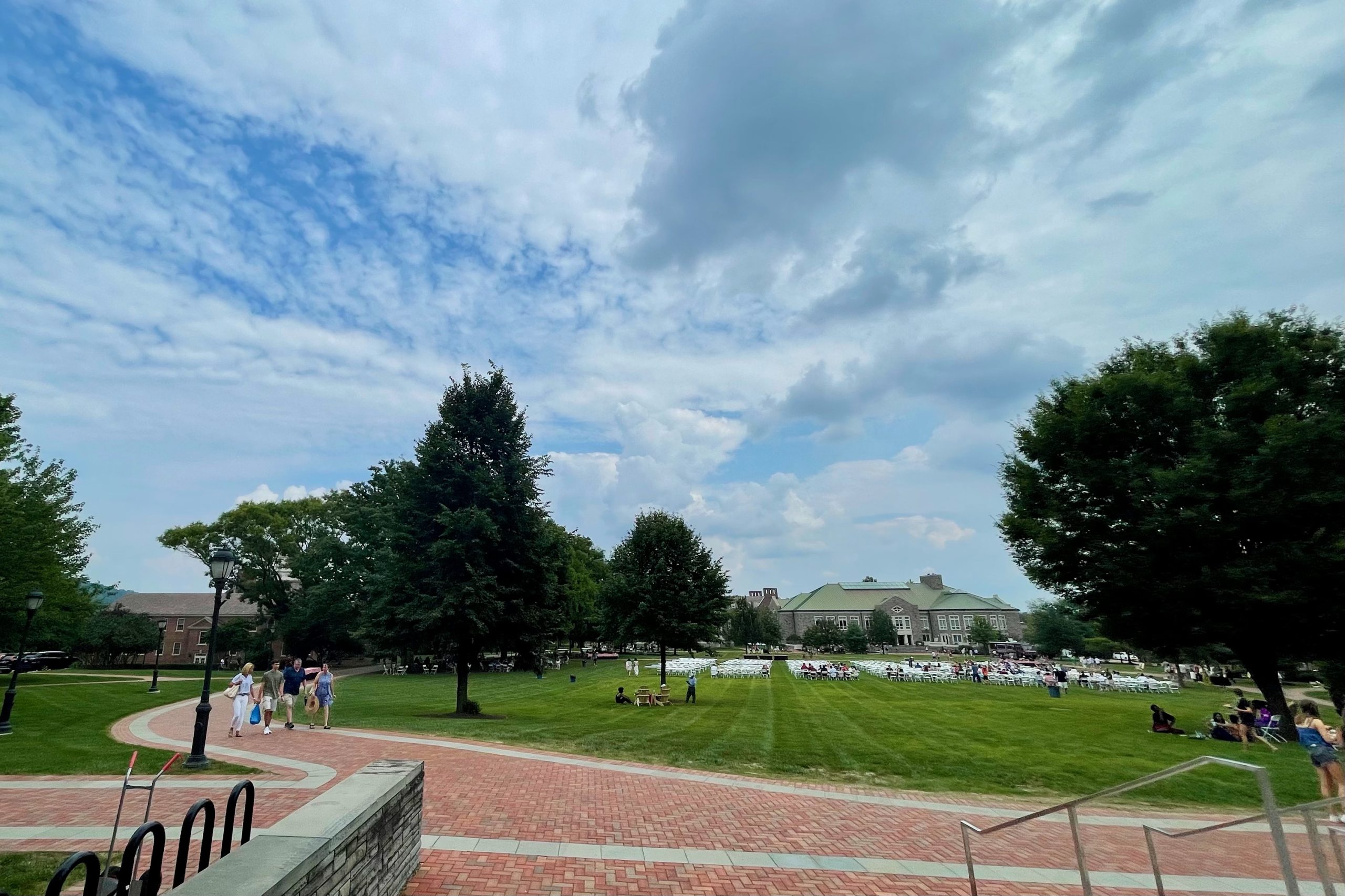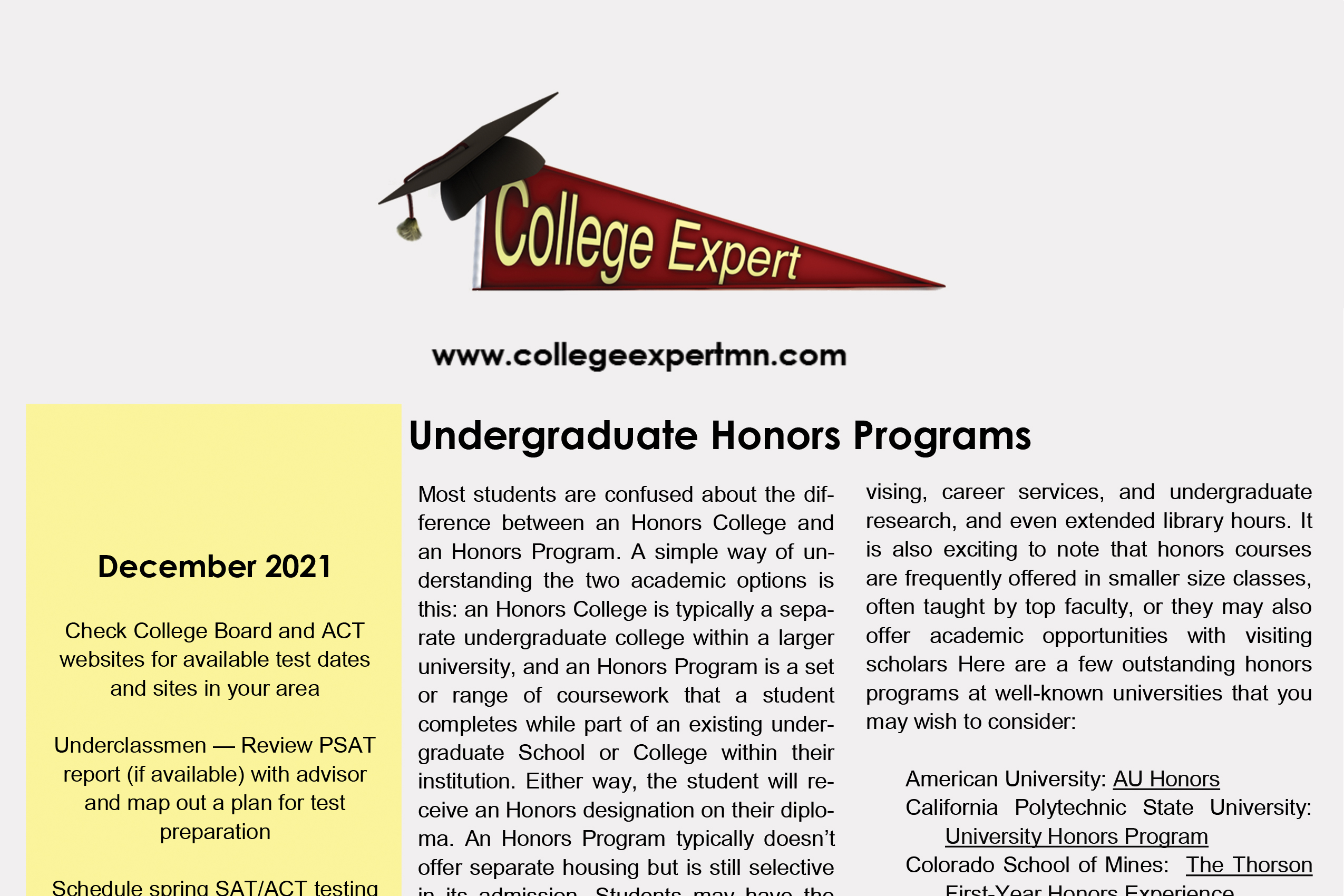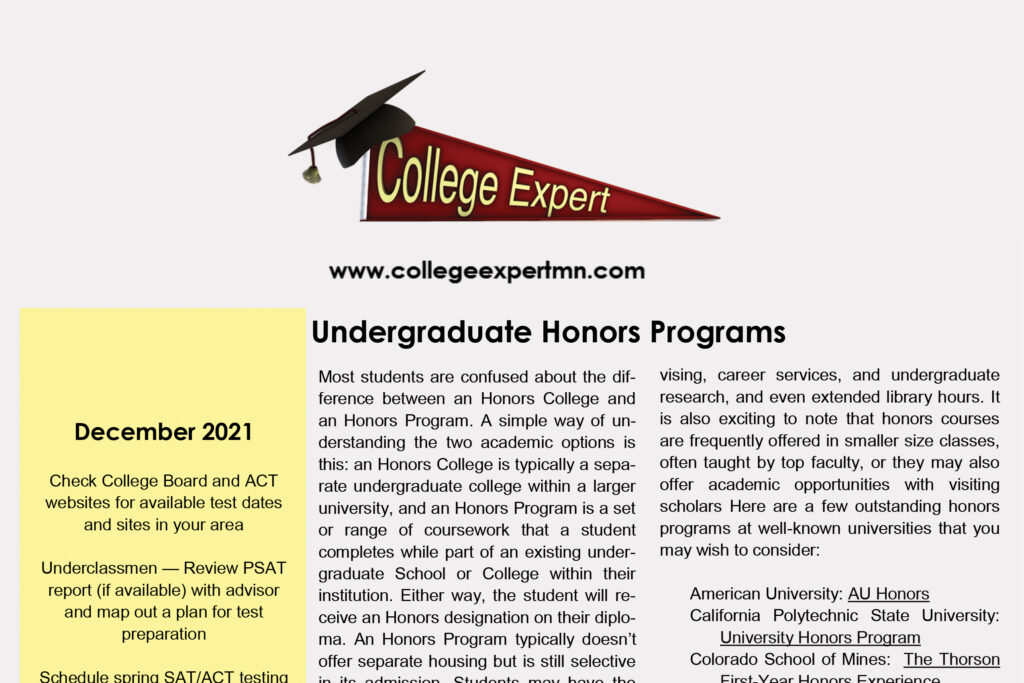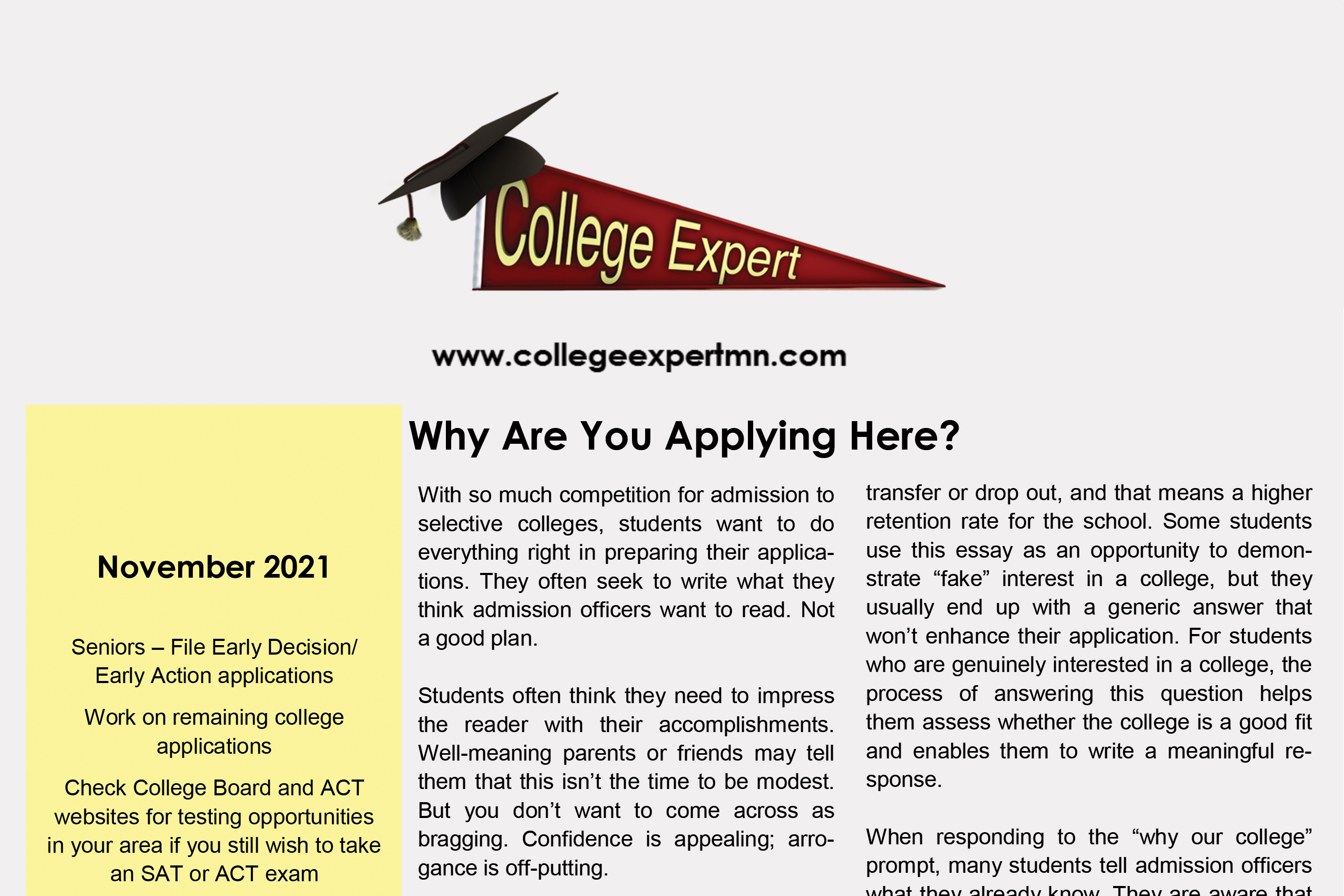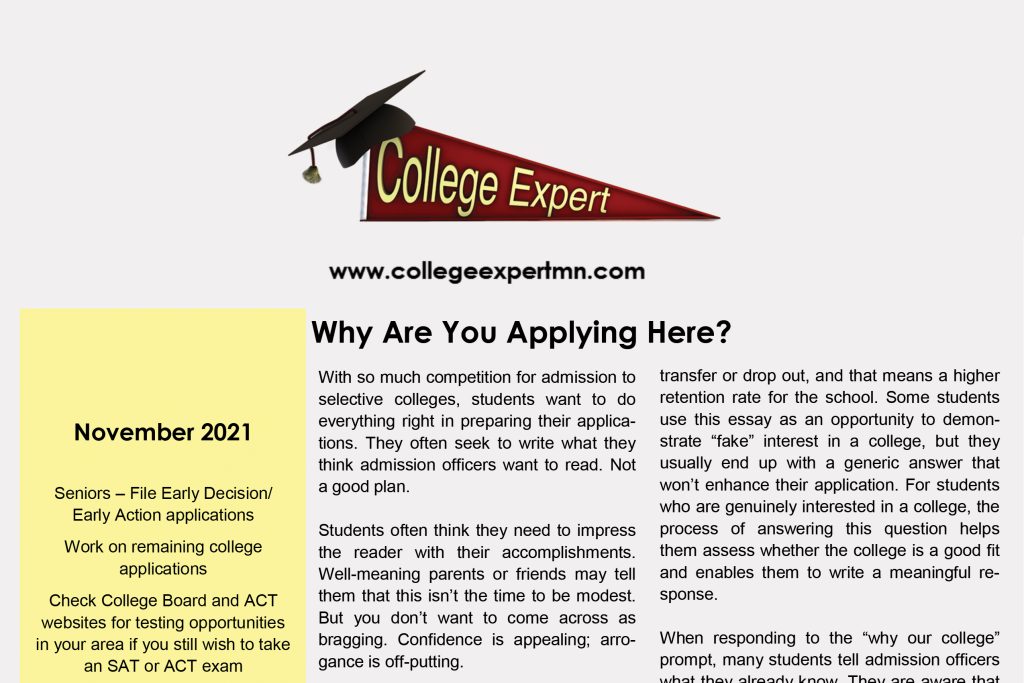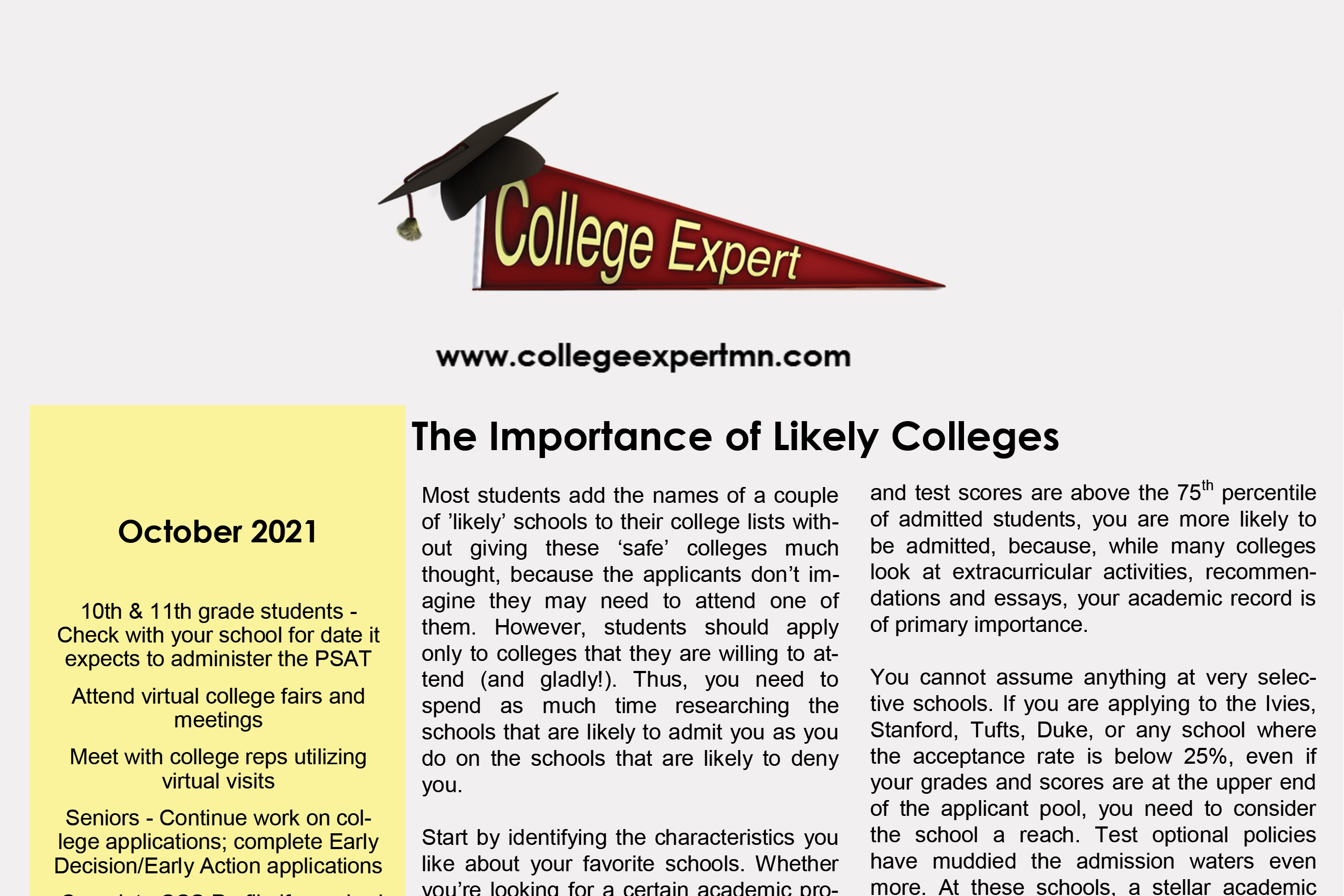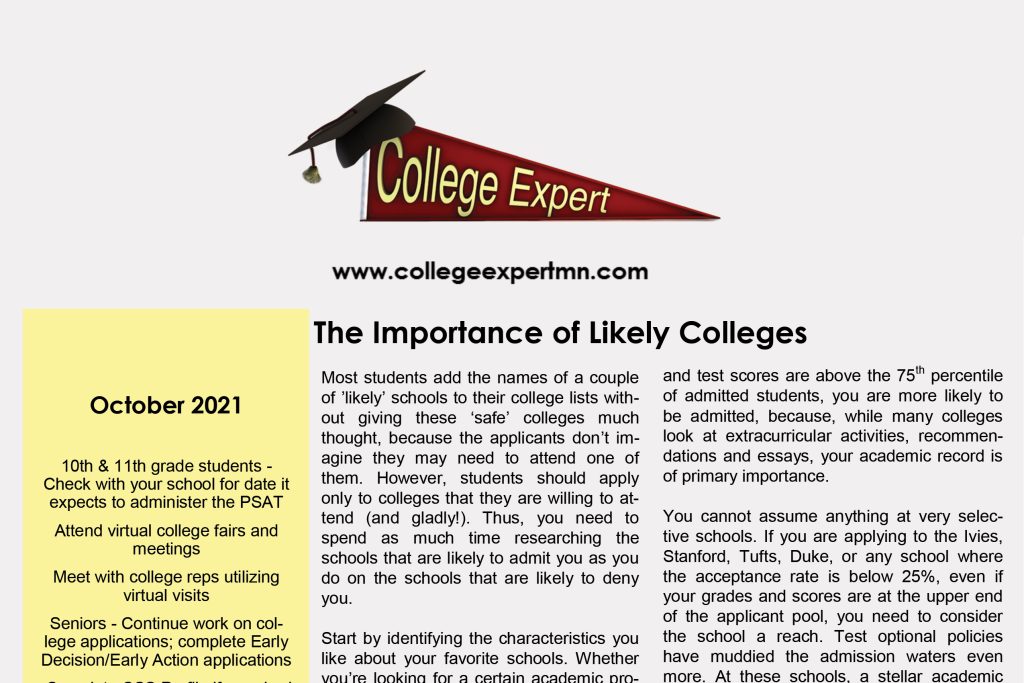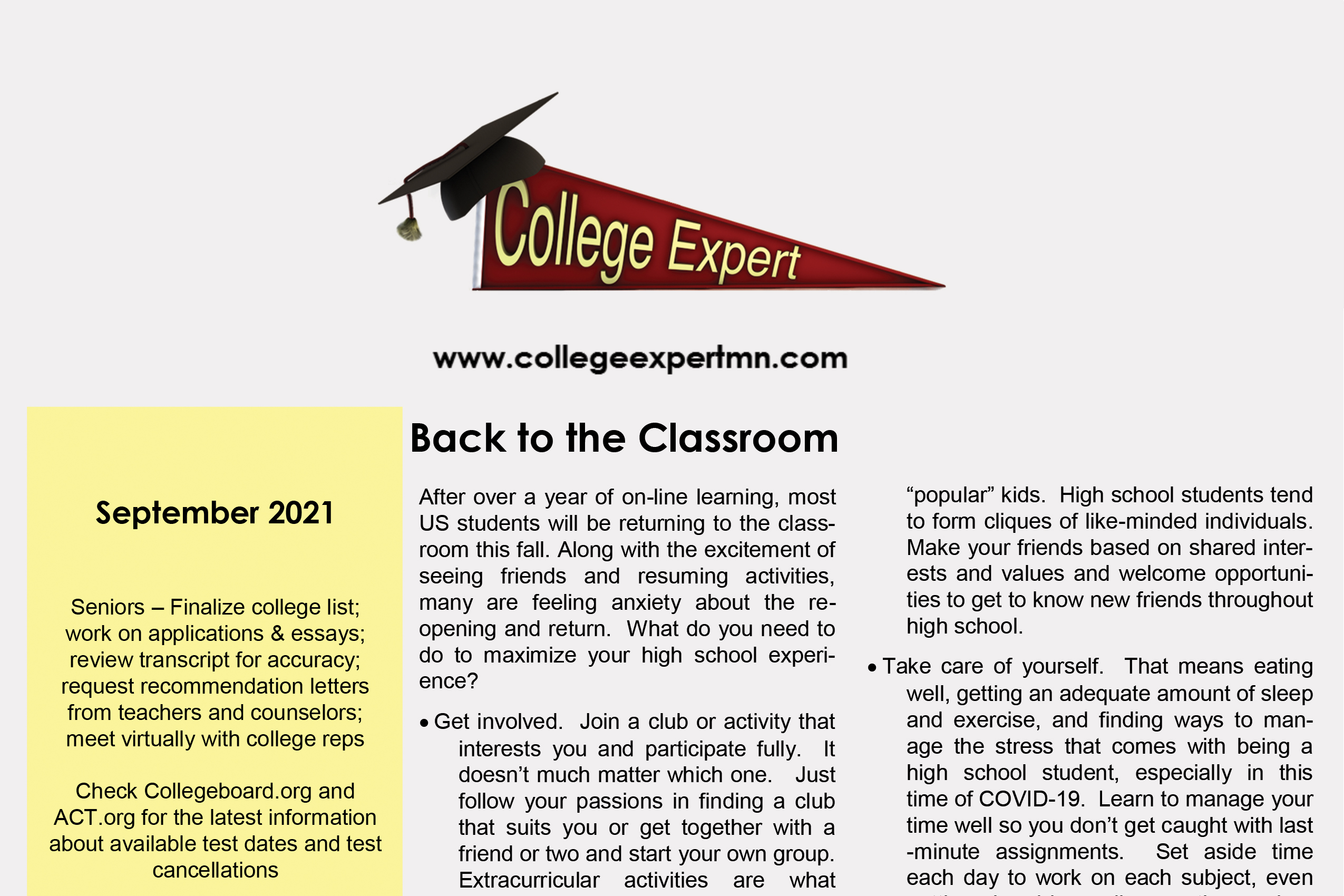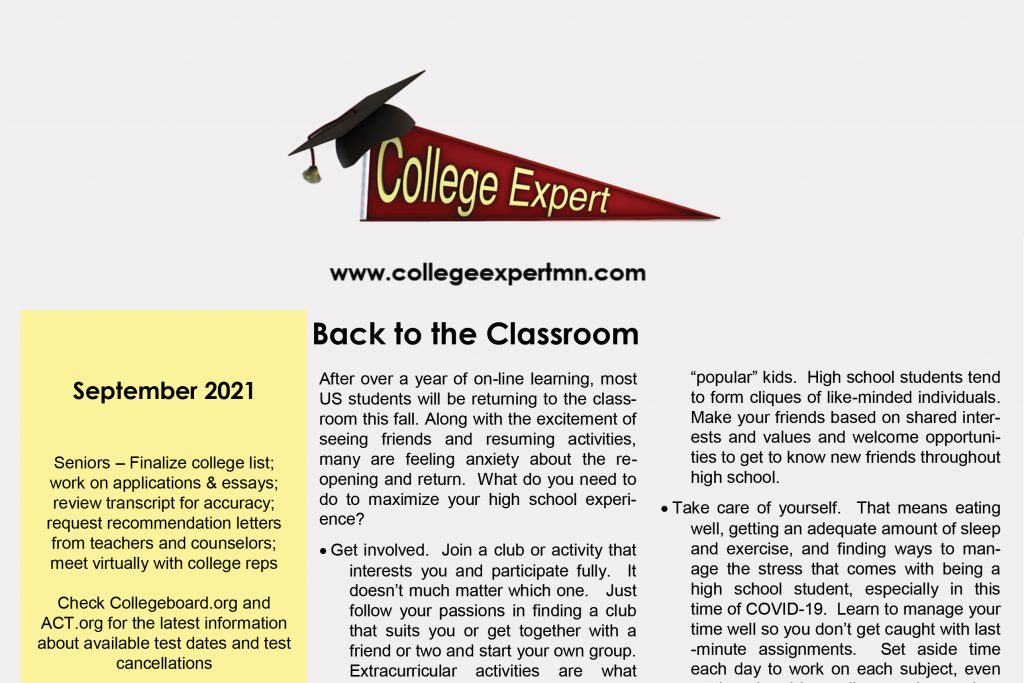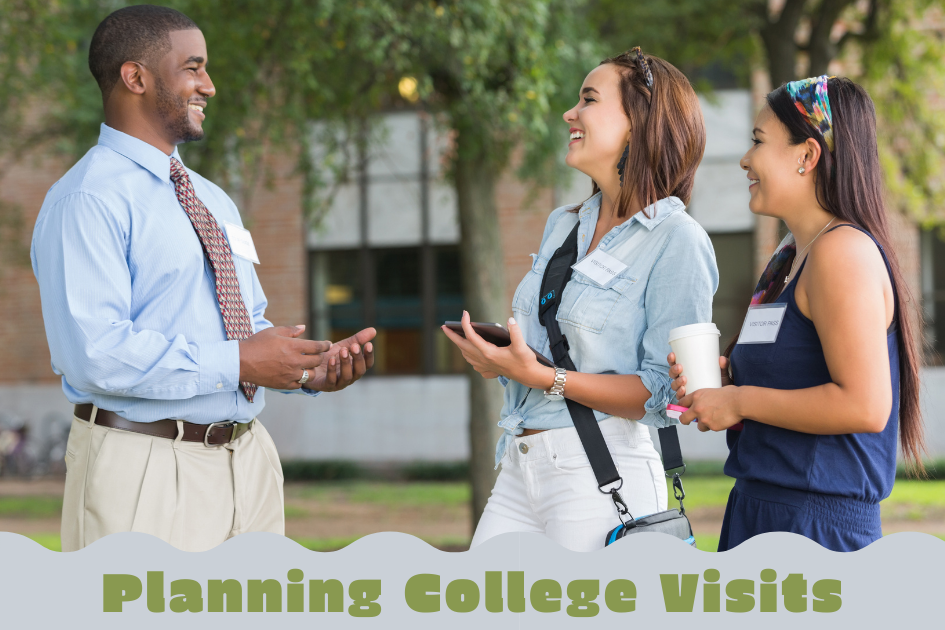By Sue Luse
We love sharing hidden gems with students. One of the benefits of working with us is we often can identify colleges that are just the right fit for a student but that may not be on their radar. Grinnell College is just that kind of school. With an enrollment of only 1,700 students, Grinnell is a small campus with a lot to offer.
Located halfway between Des Moines and Cedar Rapids, Grinnell often ends up on a college list alongside higher-profile east coast schools, such Vassar, Williams and Amherst. It’s a great fit for students who are serious about academics but who think they would prefer an atmosphere where “they can breathe” and enjoy a more relaxed college experience.
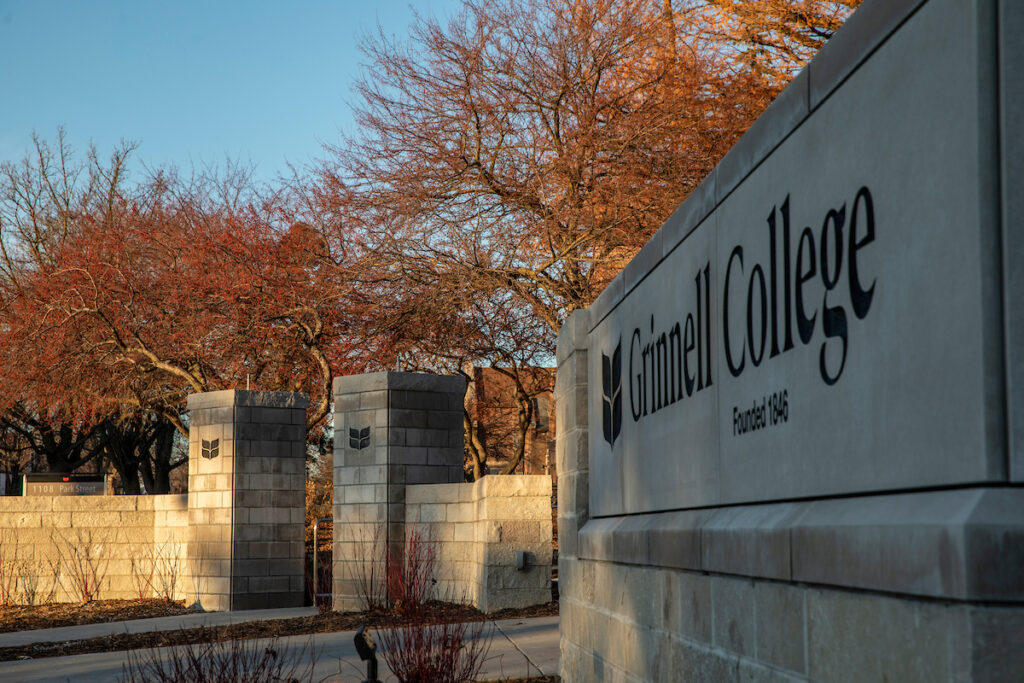
One hallmark of Grinnell’s curriculum is flexibility. As stated on its website, “Here you are in charge of how your studies take shape and where you want them to take you.” There is no language, math or science requirement. Instead, Grinnell’s open curriculum, which includes only one required class outside of a student’s major, gives students a lot of freedom to explore their interests and design their own plan with the guidance of an academic advisor.
Grinnell also is known as an inclusive campus with a strong commitment to social activism. Students at Grinnell tend to be liberal and progressive. They love the opportunity to be on the front lines in a red state fighting for things like reproductive and gender rights and to become involved to ensure their voices are heard. When it comes to social issues, Grinnell students aren’t afraid to take a stand and challenge “the way things are.”
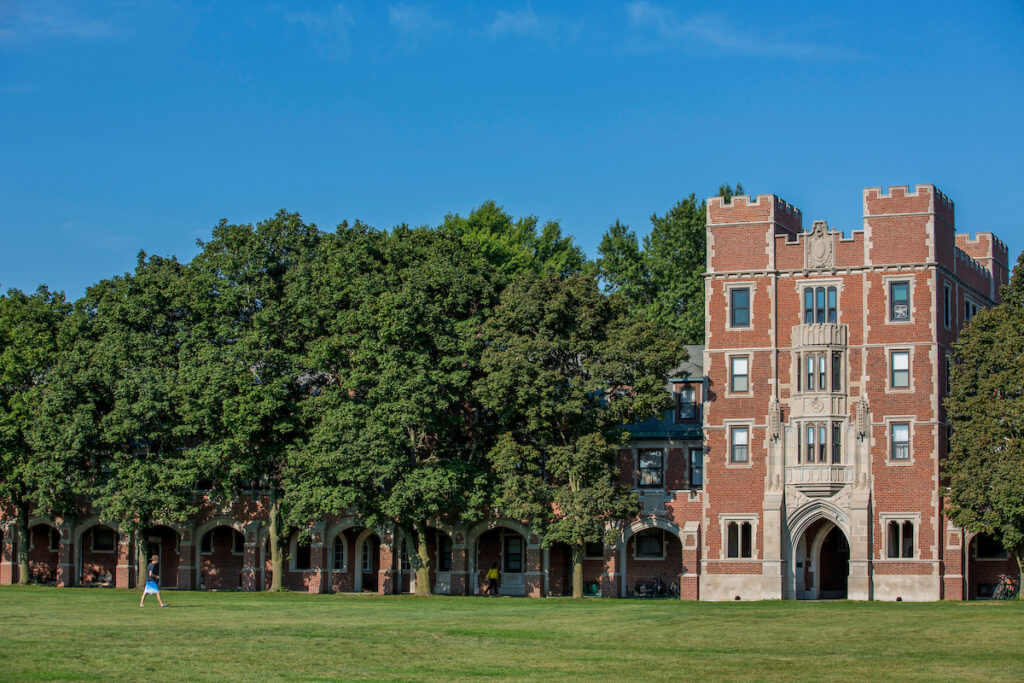

Admissions Fast Facts:
Here are some admissions facts about Grinnell:
- 50% of the class is accepted Early Decision; there is no Early Action
- All domestic students accepted Early Decision receive, at minimum, a $10,000 scholarship, renewable for four years
- Accepted students can receive up to $30,000 in merit aid
- The acceptance rate is around 10%
- Accepted students have mostly As and an average 30-34 ACT score
- Deadlines are: ED – Nov. 15, ED II – Jan. 1, Regular Decision – Jan. 15
- 94% of students are from out of state (the highest number are from NY and CA, but many also are from MN)
- Admissions is need blind for domestic students; need aware for international applicants
- Grinnell meets 100% of demonstrated need without loans
When reviewing applicants, Grinnell considers demonstrated interest, so you should connect with the college and your admissions representative. Be sure to introduce yourself when they visit your school, tour the college in person if you can, attend virtual events, sign up for an interview and open any college emails you receive. These actions will let admissions know you are a serious applicant.
Academics
Grinnell is known for great professors, engaging discussion-based classes, and research opportunities with professors and internships all over the world, including computer science internships in Silicon Valley. Students don’t just learn how to code; they study ethical issues in society and how to become leaders in STEM technologies. Other popular majors include Biology, Psychology. Economics and Political Science.
Campus Life
The Grinnell campus is a tight-knit community with opportunities to get involved in music, theater, journalism and athletics, including club sports and intramurals. There are no fraternities and sororities, but there are more than 100 clubs and organizations ranging from debate and ultimate Frisbee to niche interests like a drone team and beekeepers club. Grinnell’s excellent theater and music program are open to all students, and there is strong interest and participation in Black Student Union. There also is a lot of support for the LGBTQIA+ community on campus and through the Stonewall Resource Center
Grinnell students are required to live on campus their first three years and are guaranteed on-campus housing all four years. On weekends, about 95% of students stay on campus. The school offers coed housing and housing for students with disabilities.
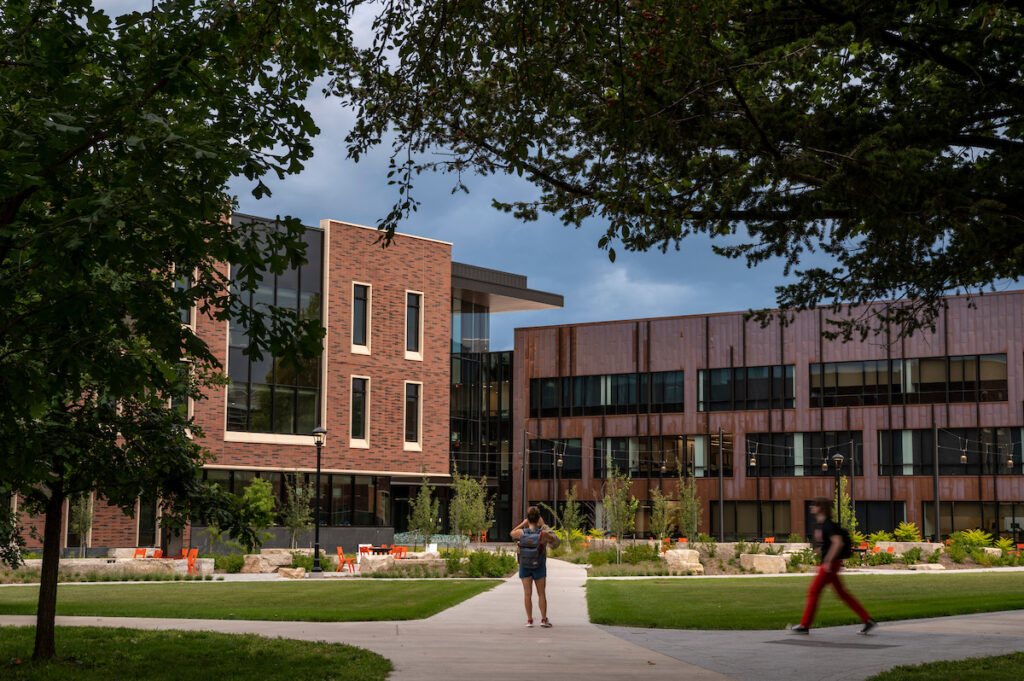
Tuition
Eighty-nine percent of students receive aid to help pay for their years at Grinnell. Grinnell meets 100% of each student’s demonstrated need through student employment, grants and scholarships, so students don’t have to rely on loans. Sixty-five percent of students receive need-based aid and are eligible for, on average, a $52,847 grant/scholarship.
Who would be happy here?
Grinnell is a great option for students who are looking for a break from city life as well as a challenging, yet down-to-earth, liberal arts college. The freedom to create your own academic path appeals to students who are independent and have a wide range of interests. Grinnell also is a great fit for students looking for a liberal and gender inclusive campus with a lot of opportunities to get involved in social and political activism.
Are you a College Expert student interested in exploring Grinnell College? Visit https://www.grinnell.edu/ to learn more and talk to your College Expert counselor about whether it’s a good fit for you.

